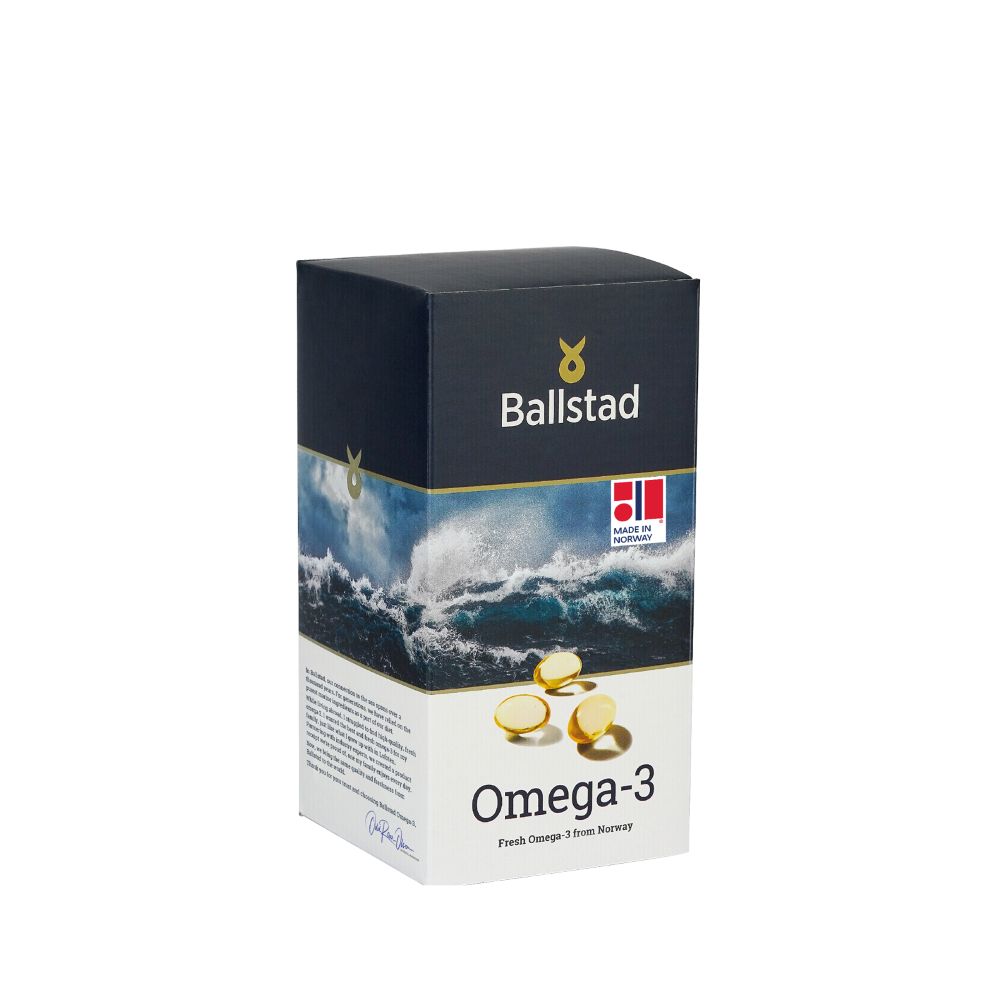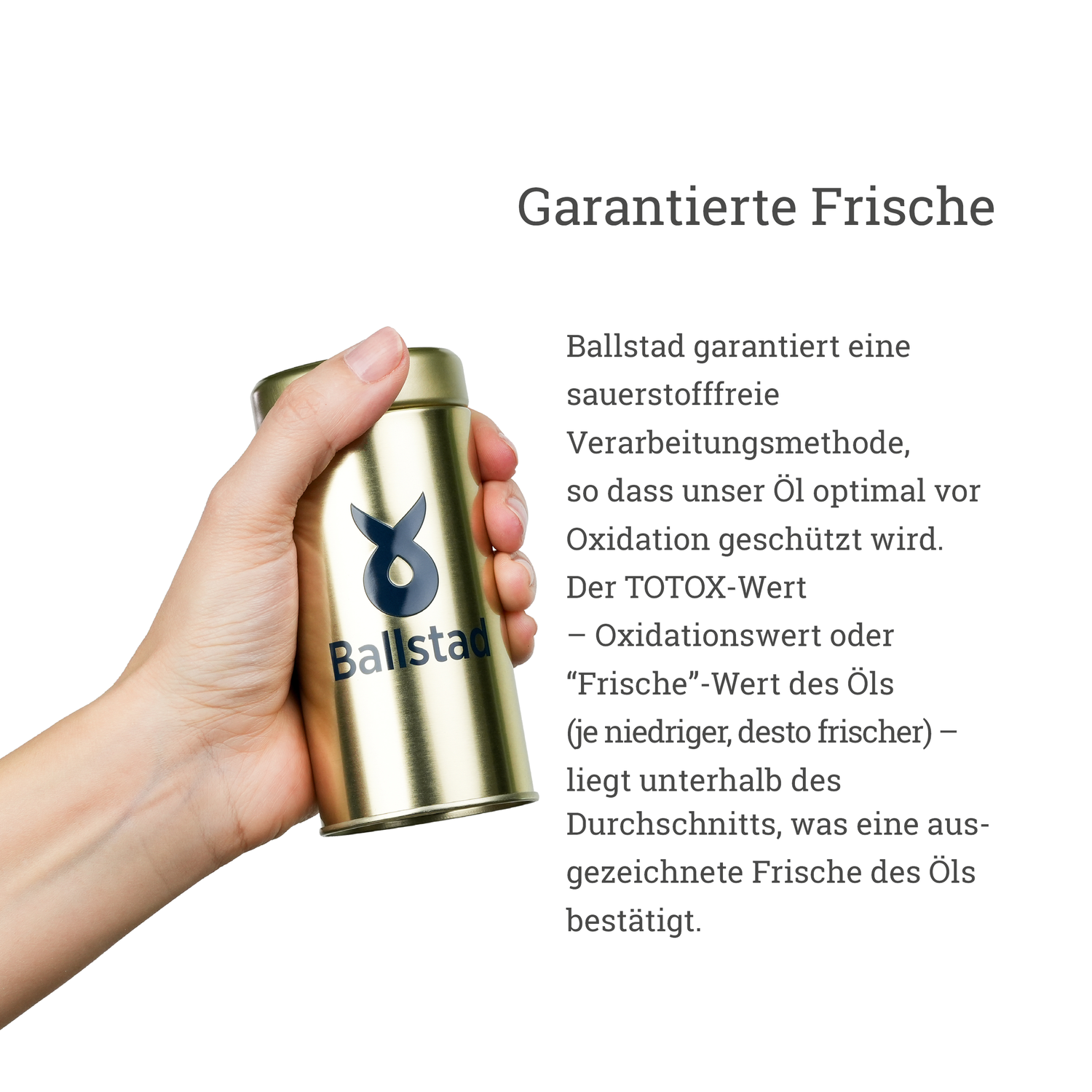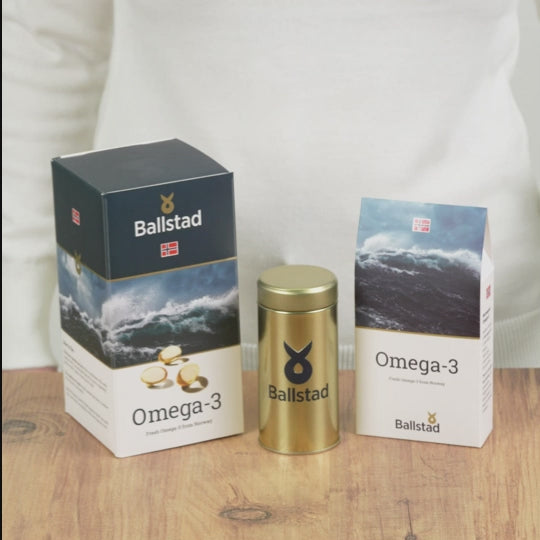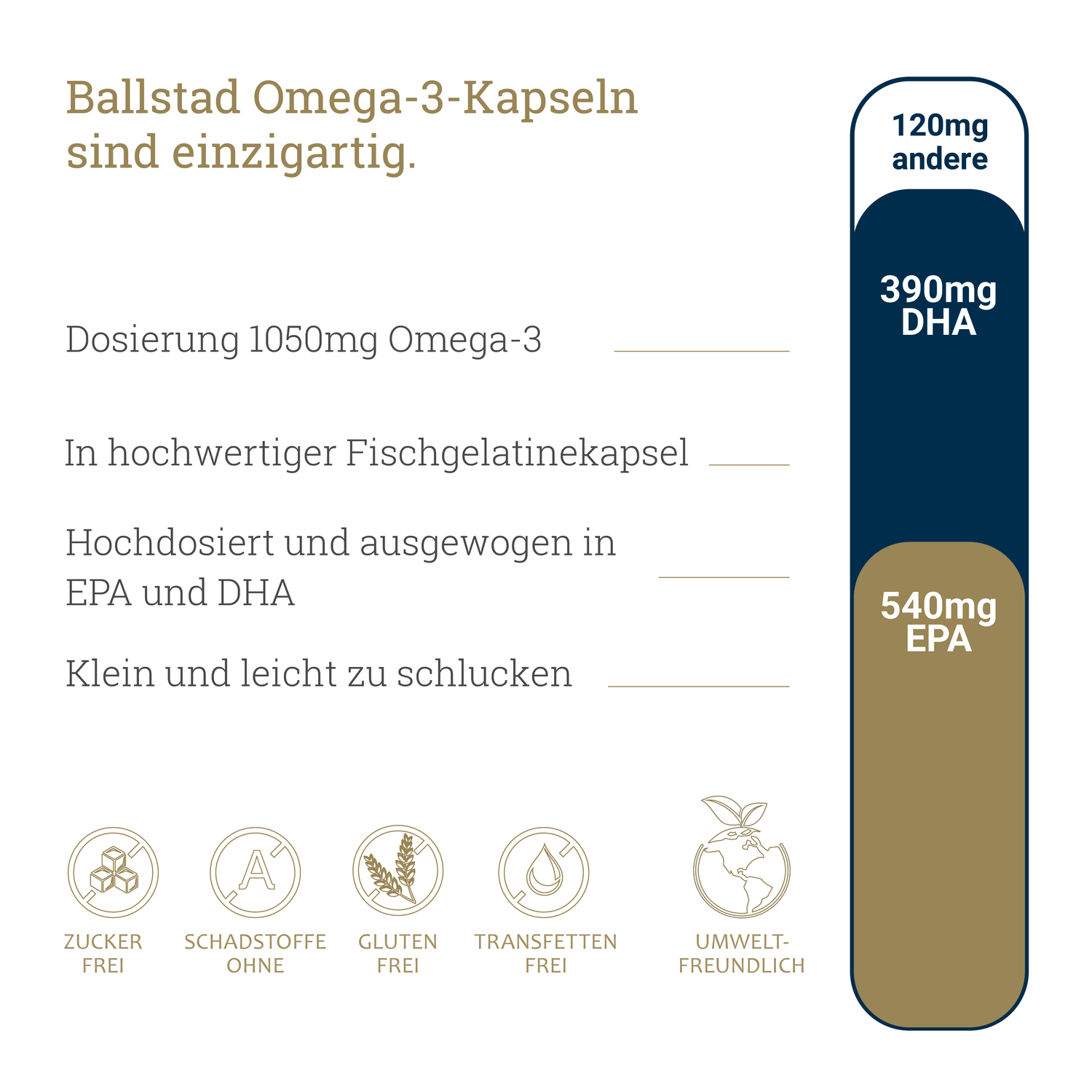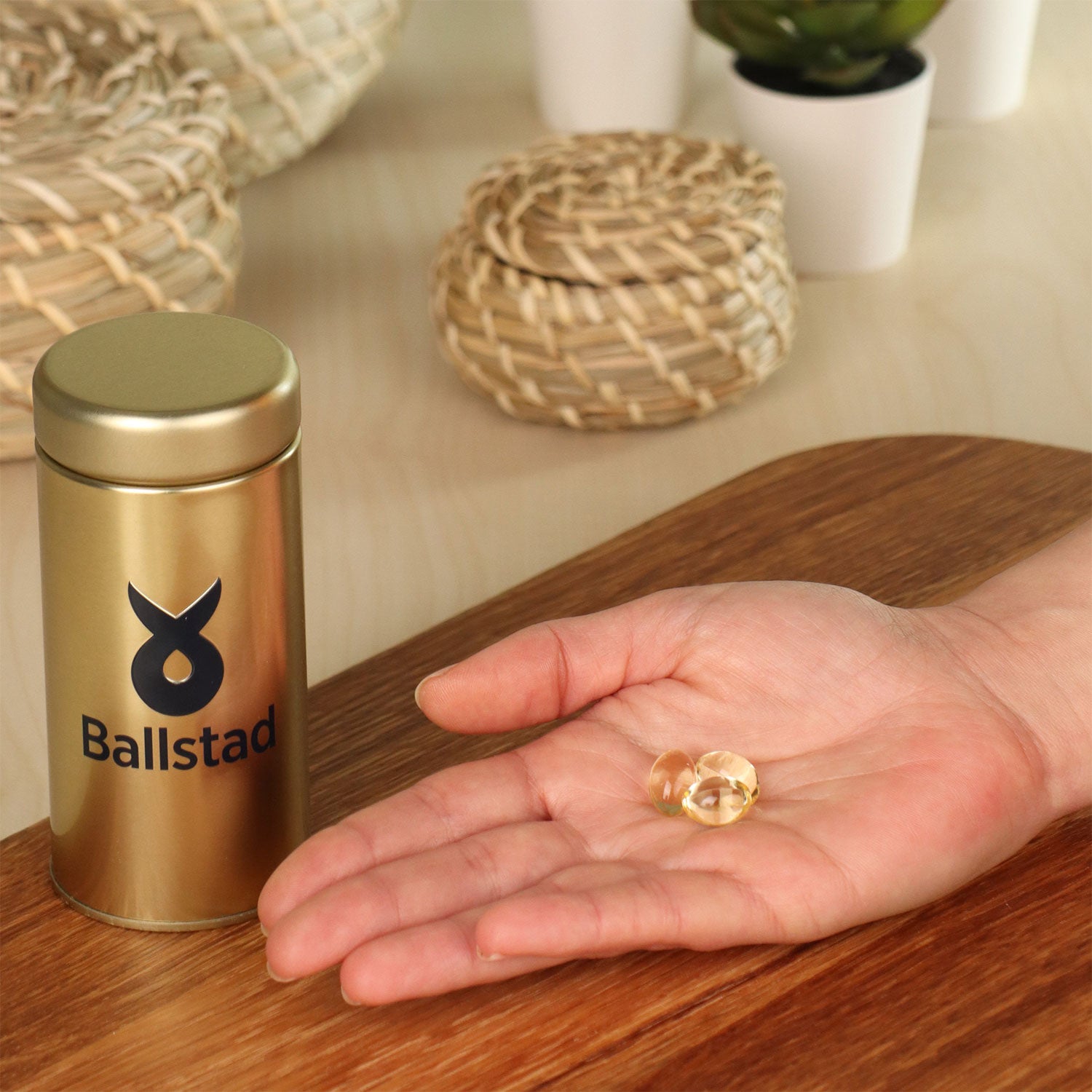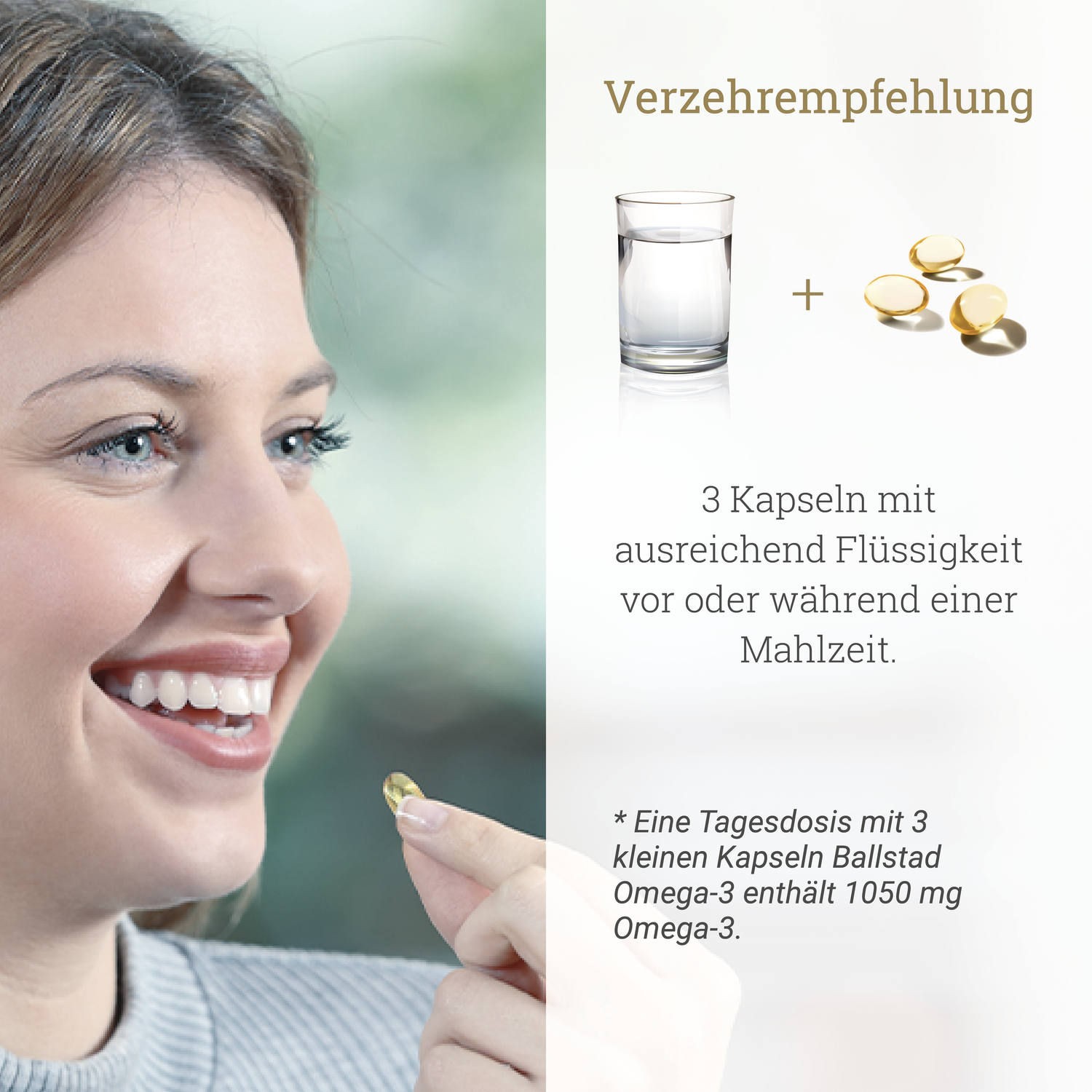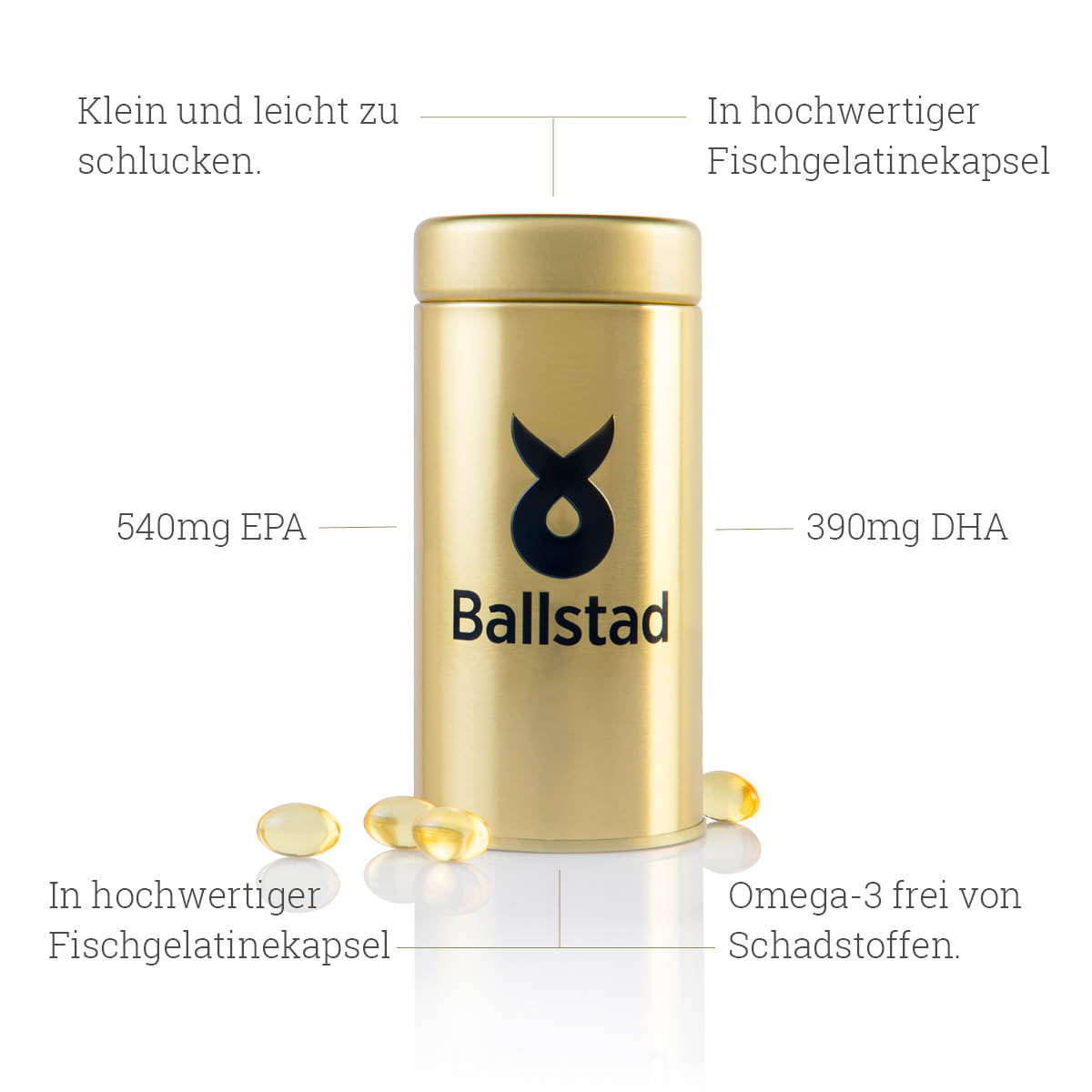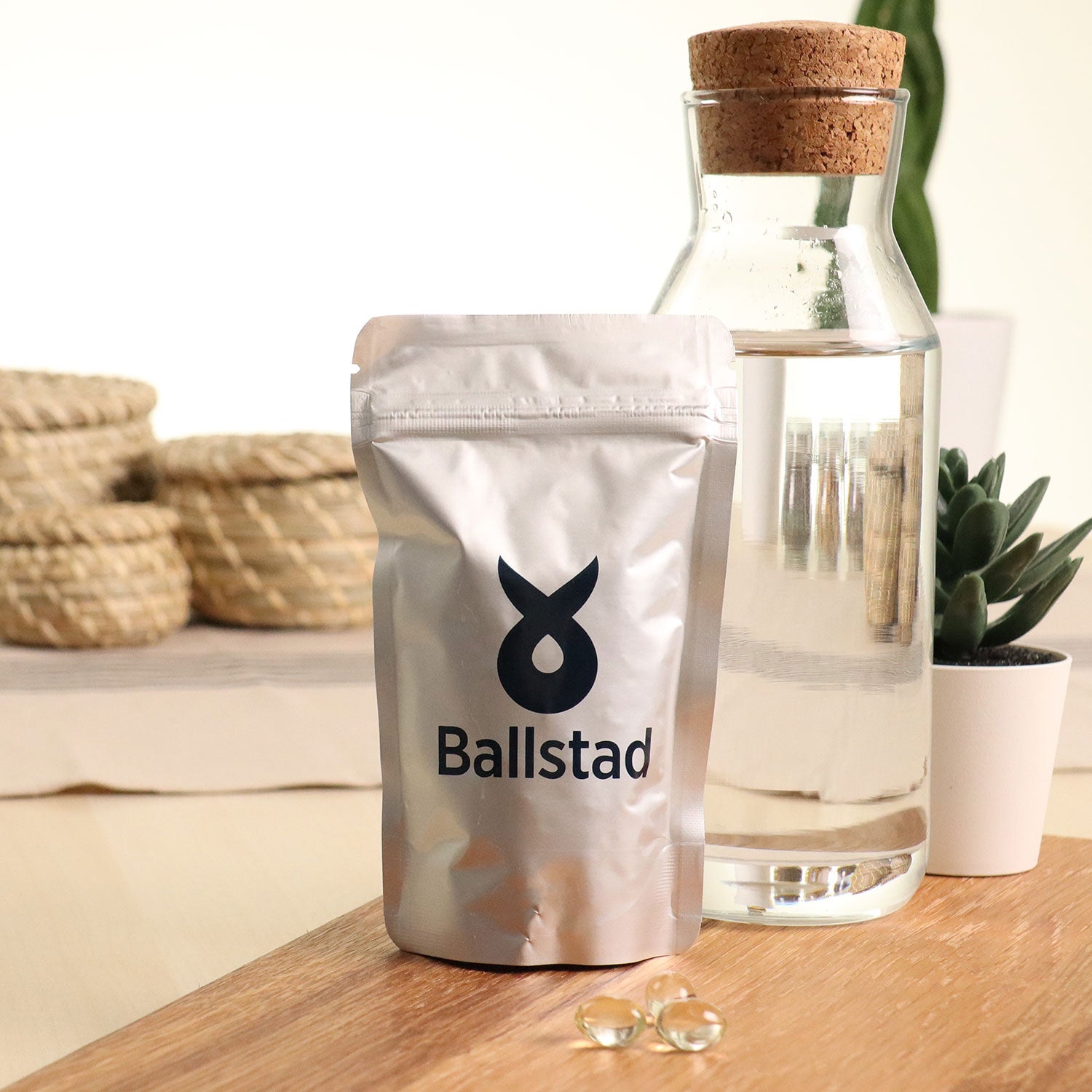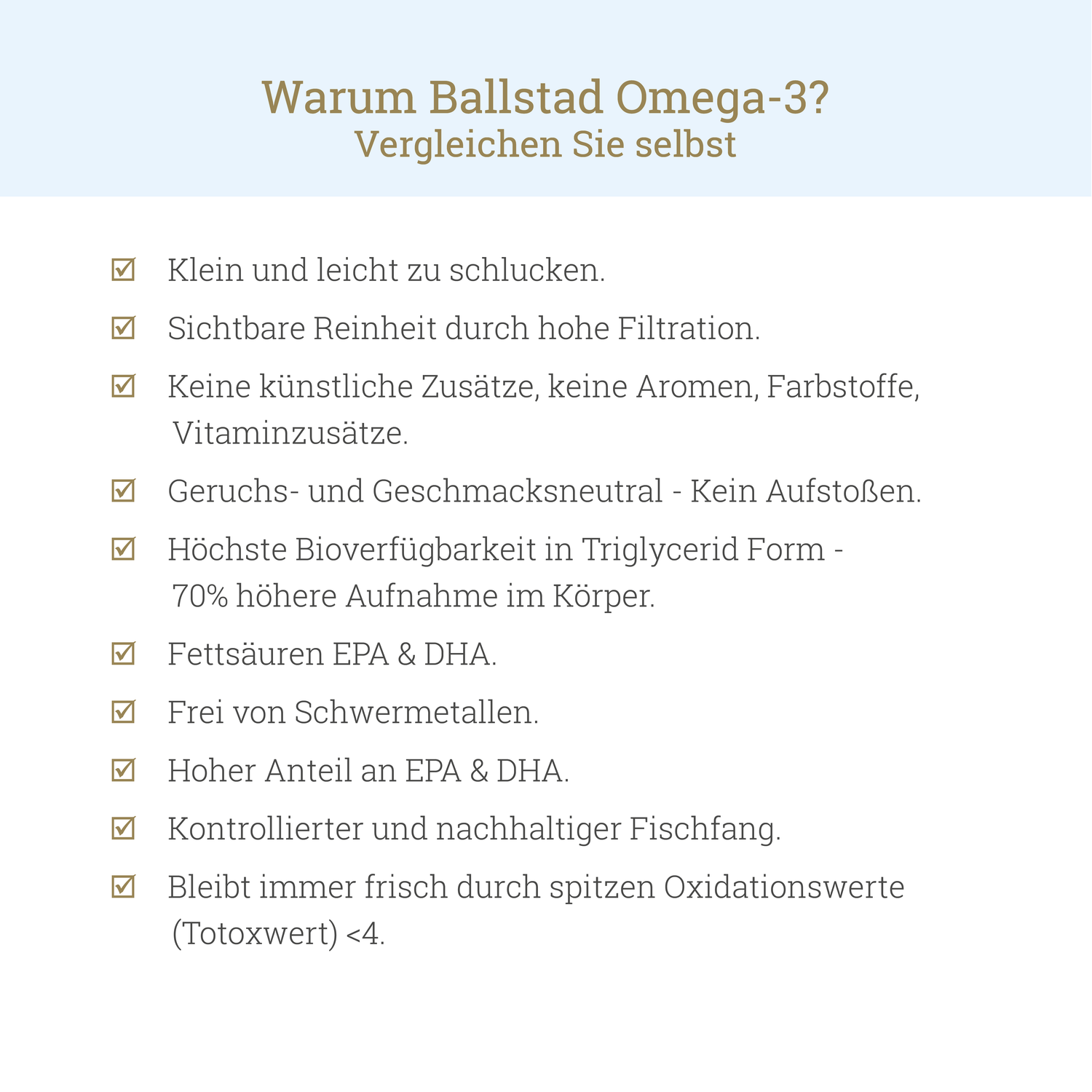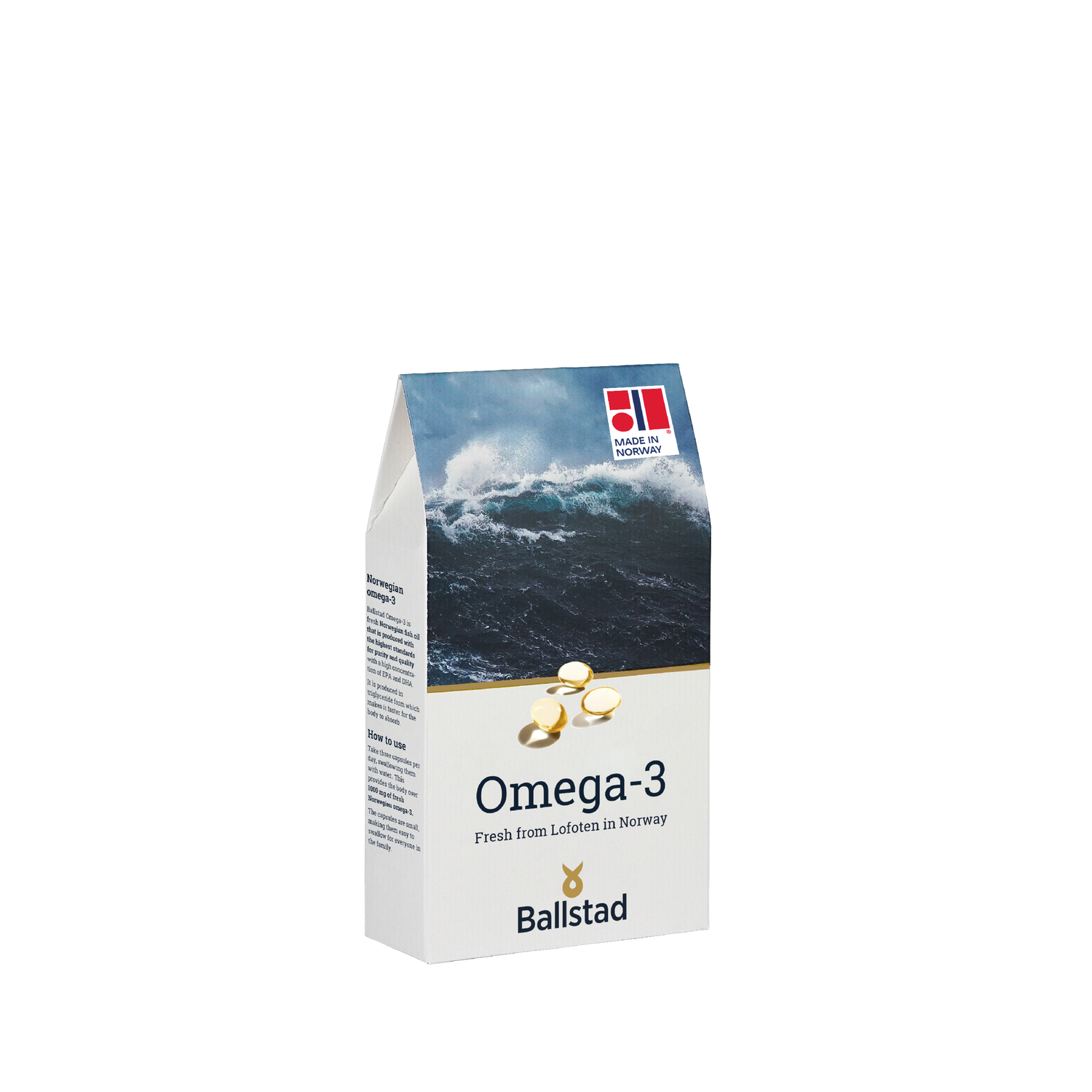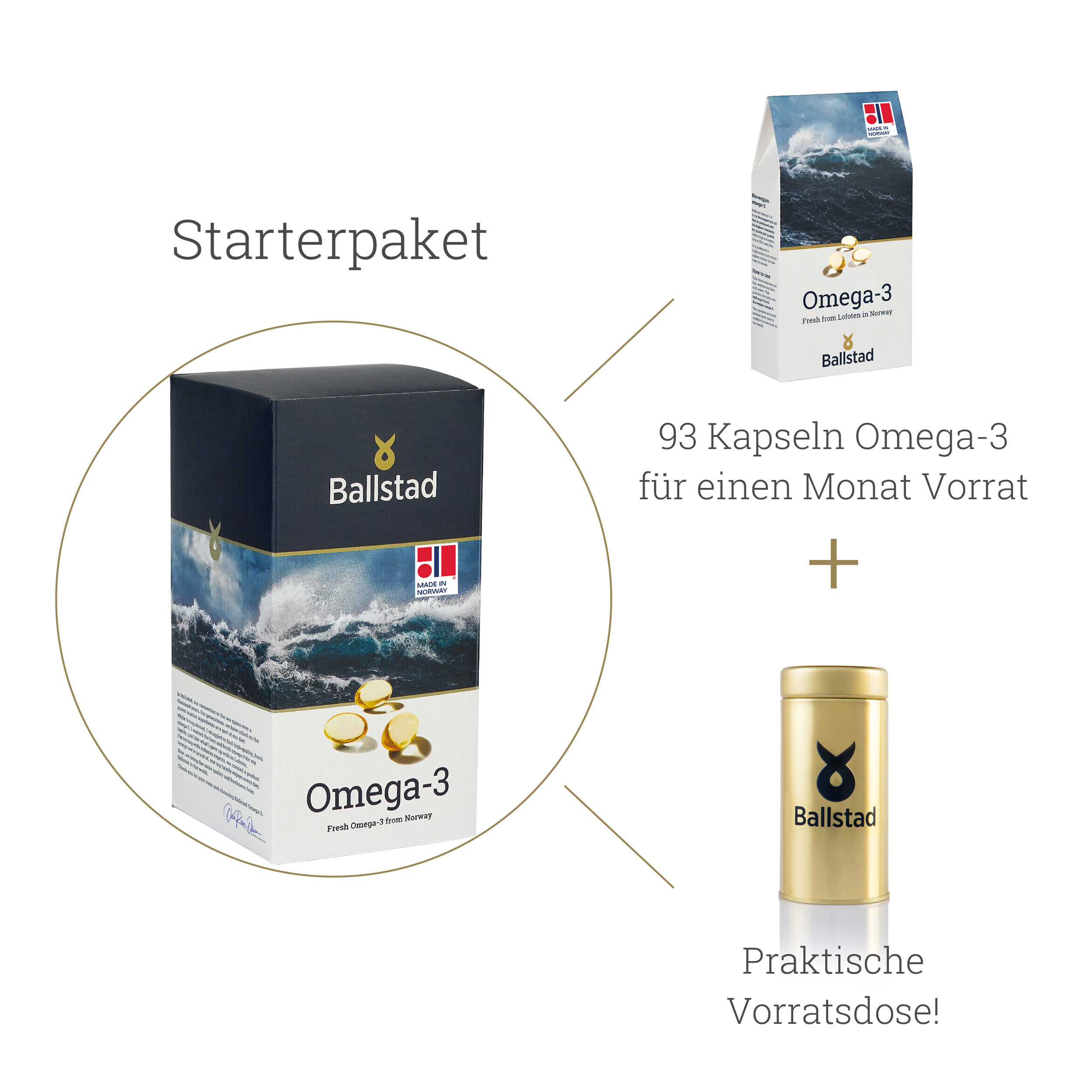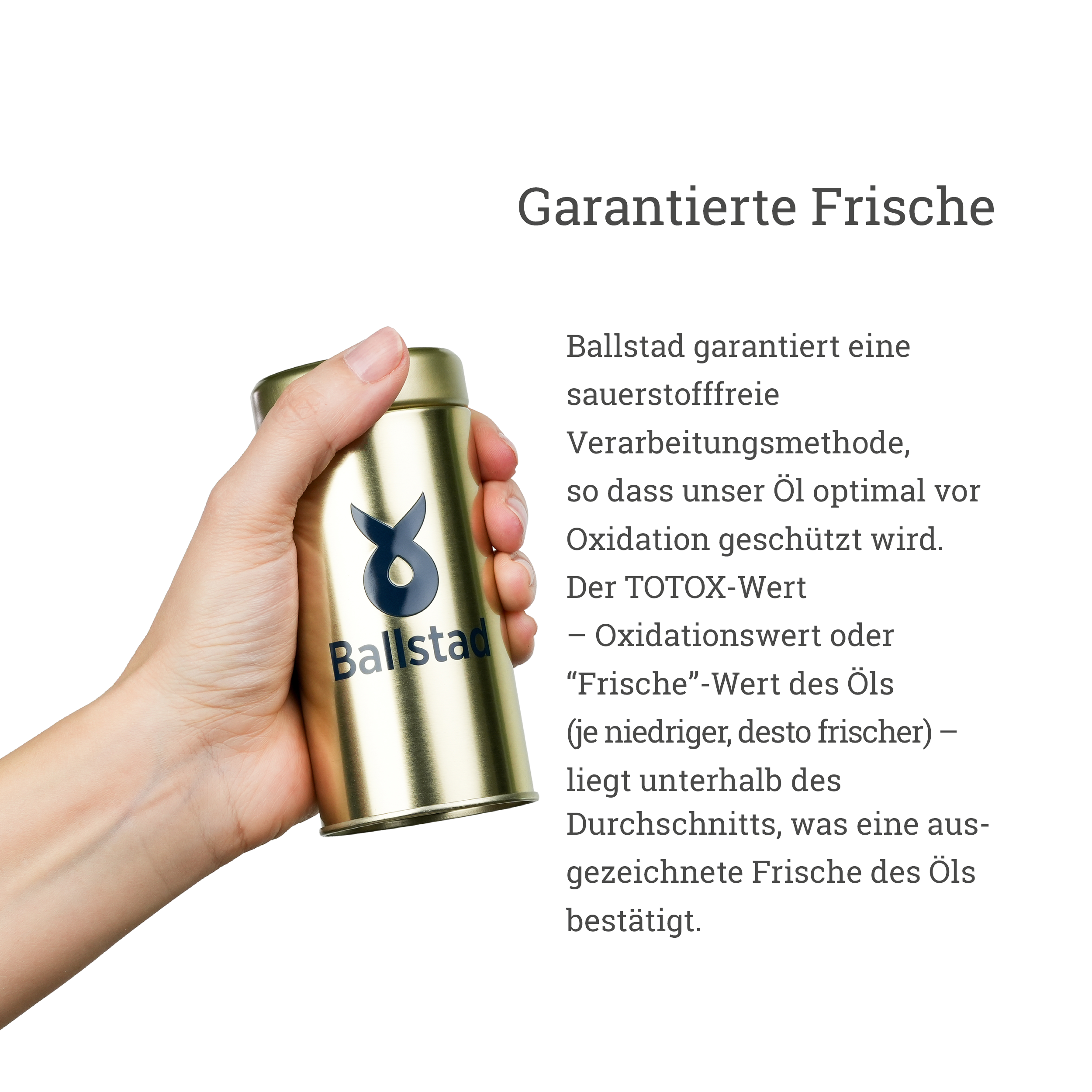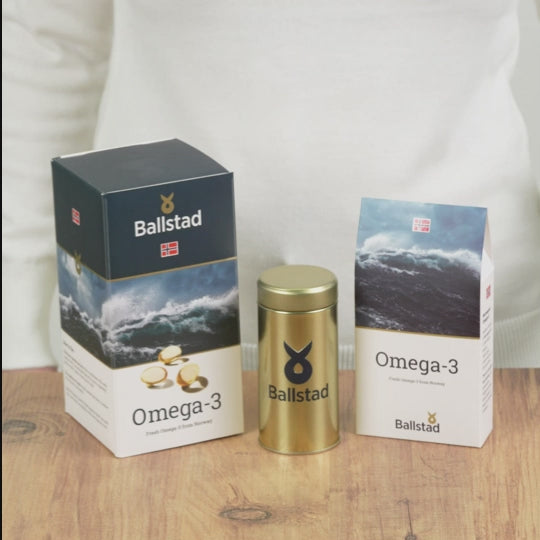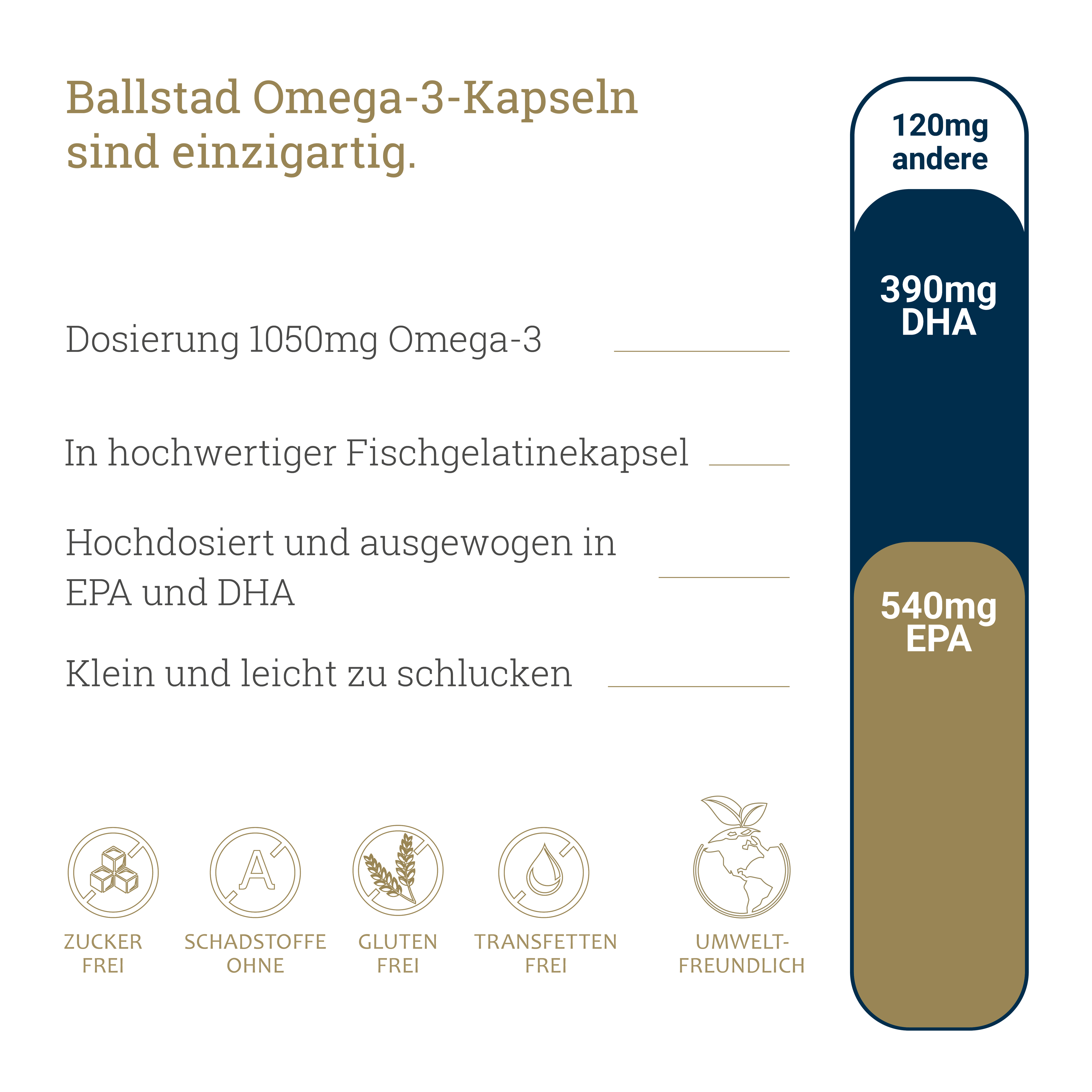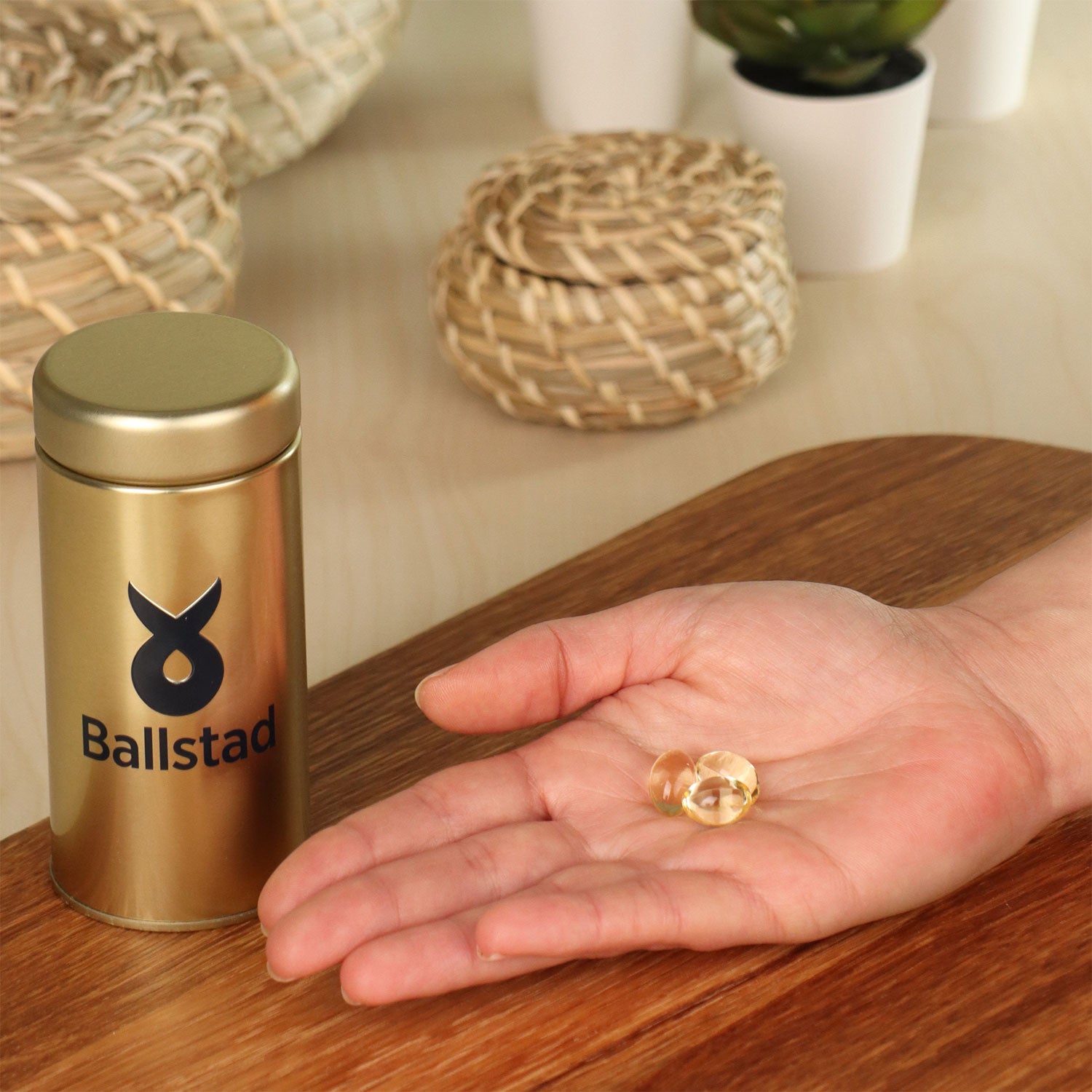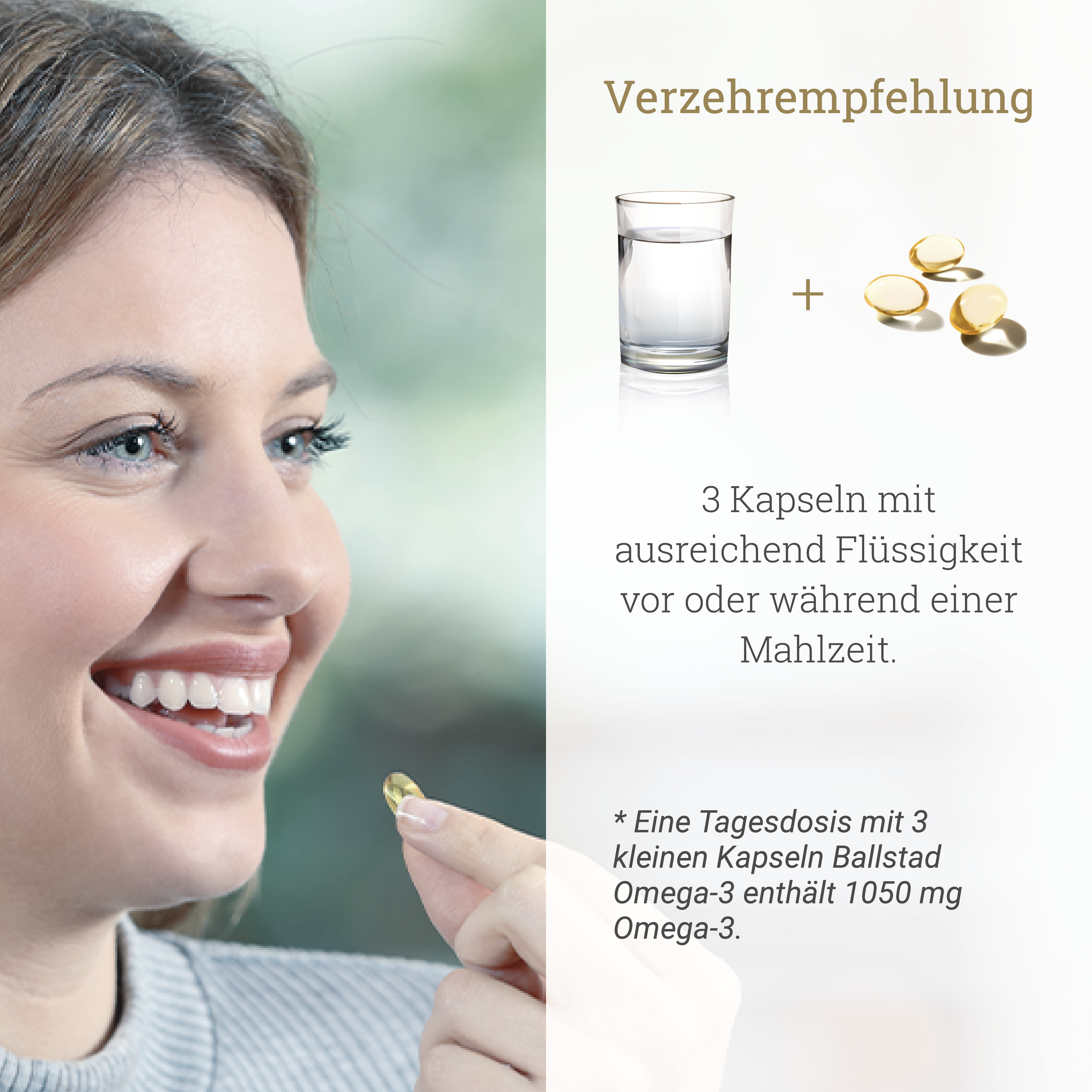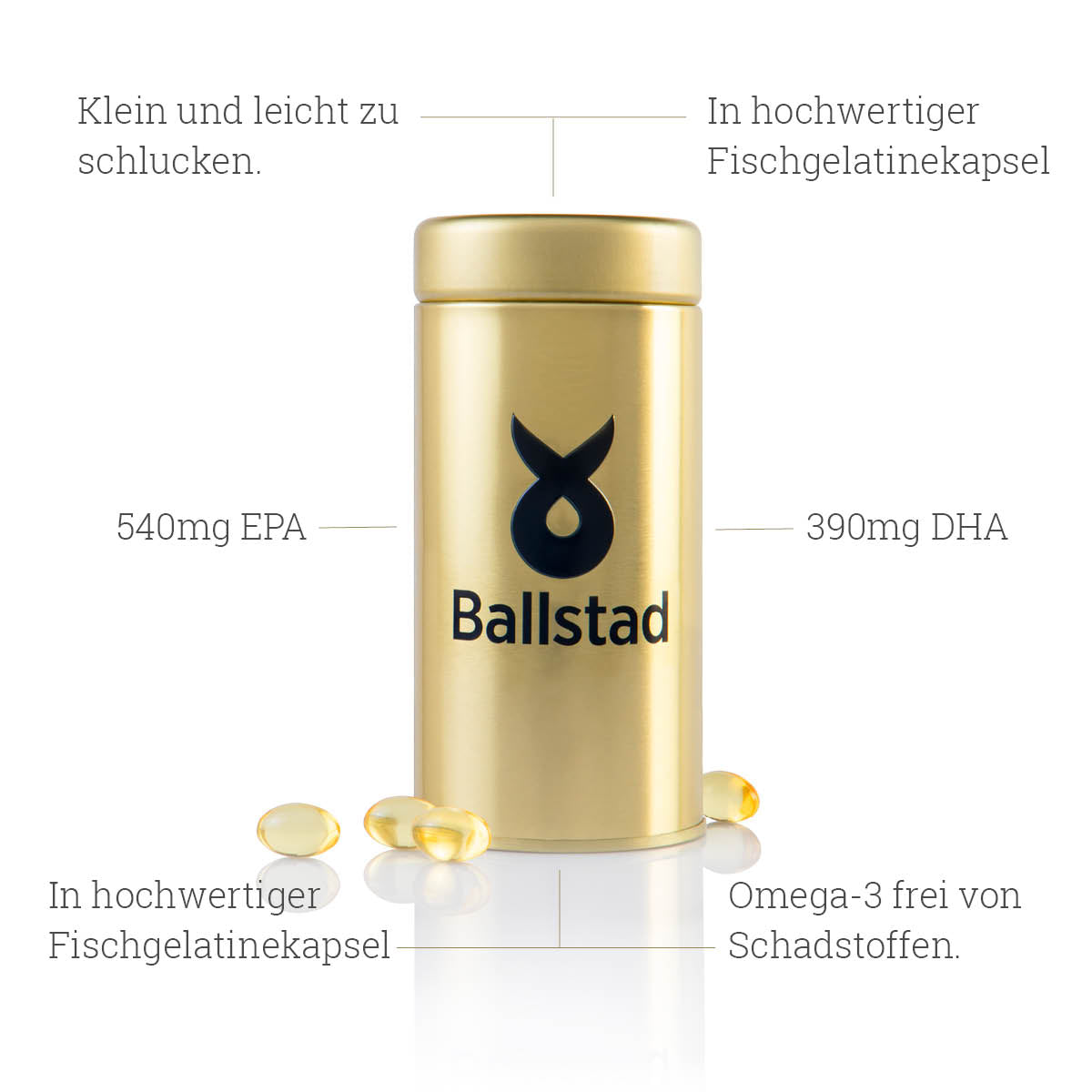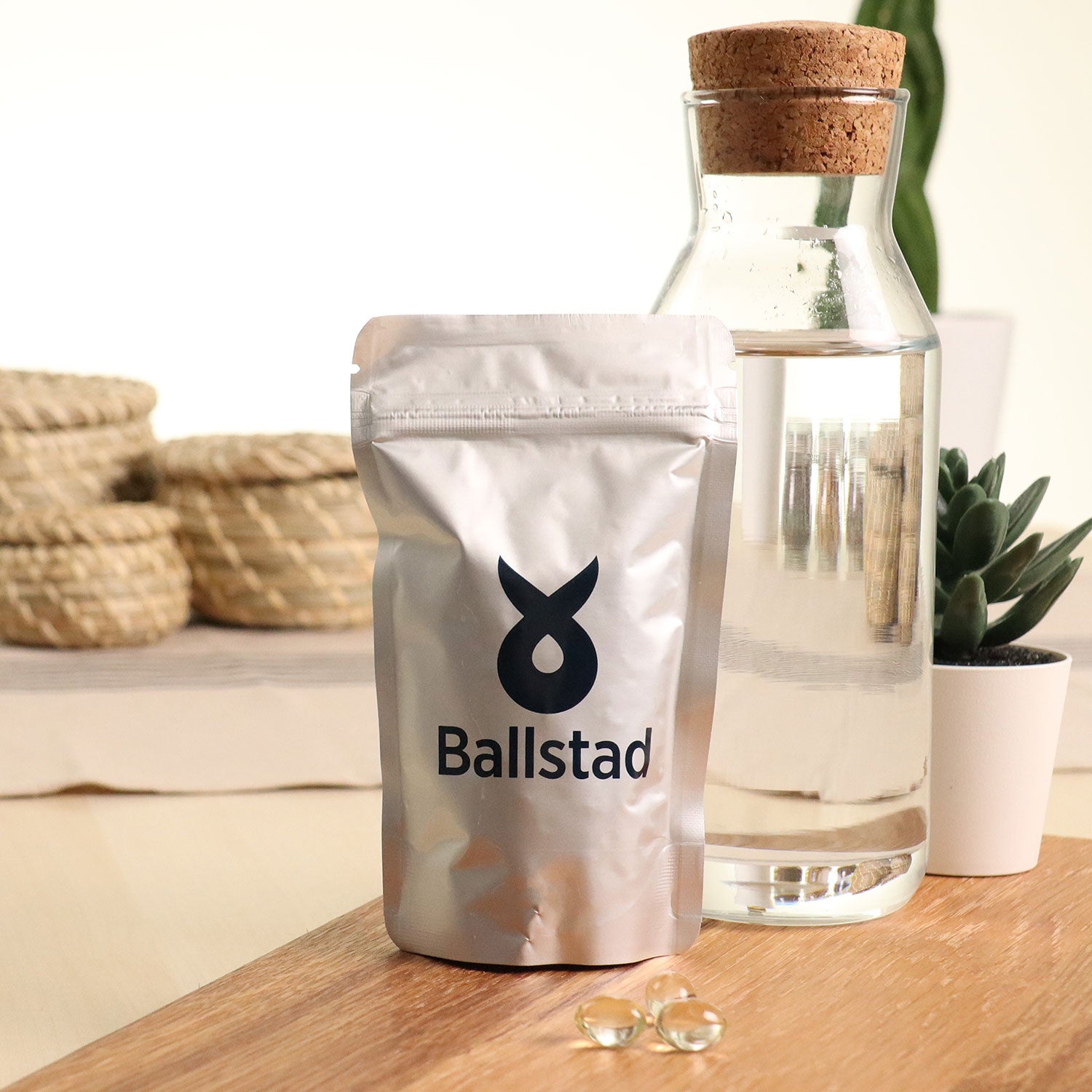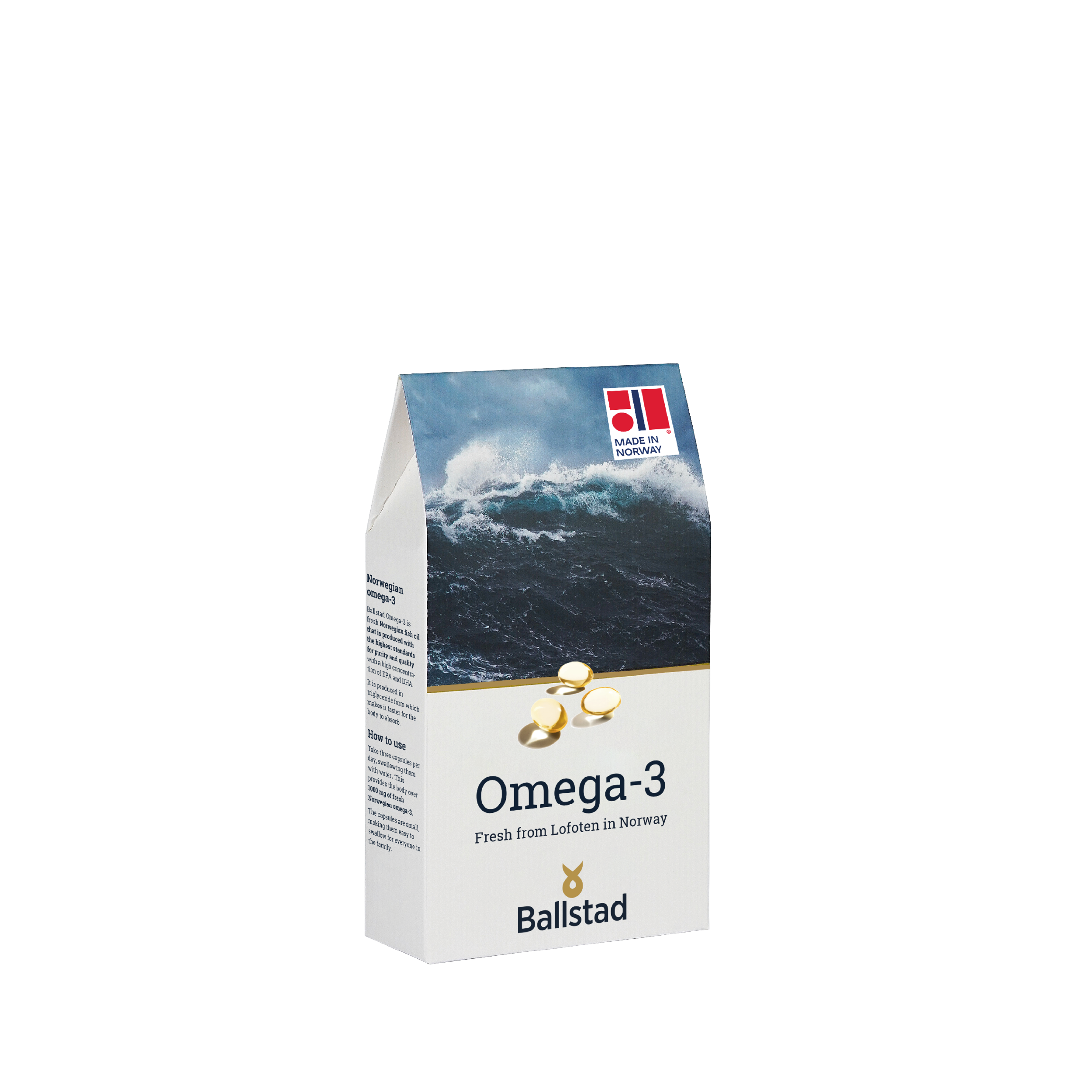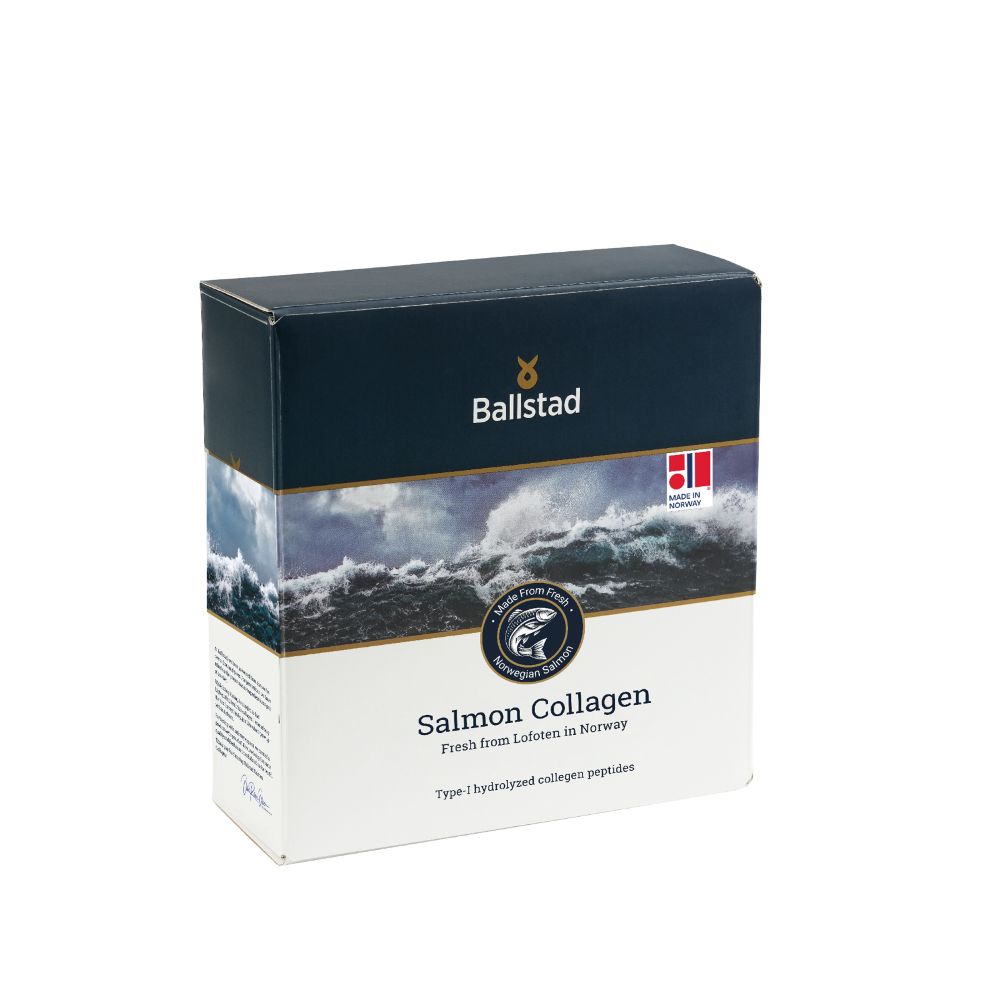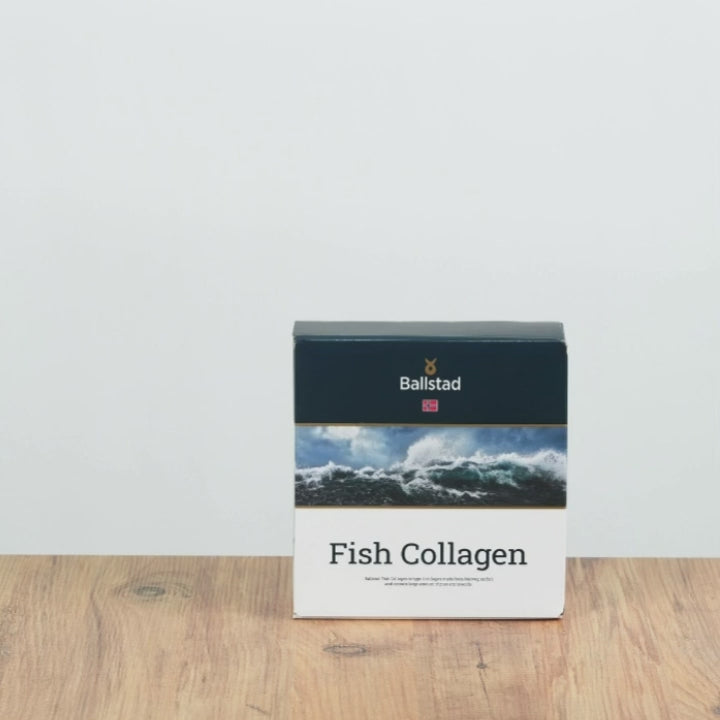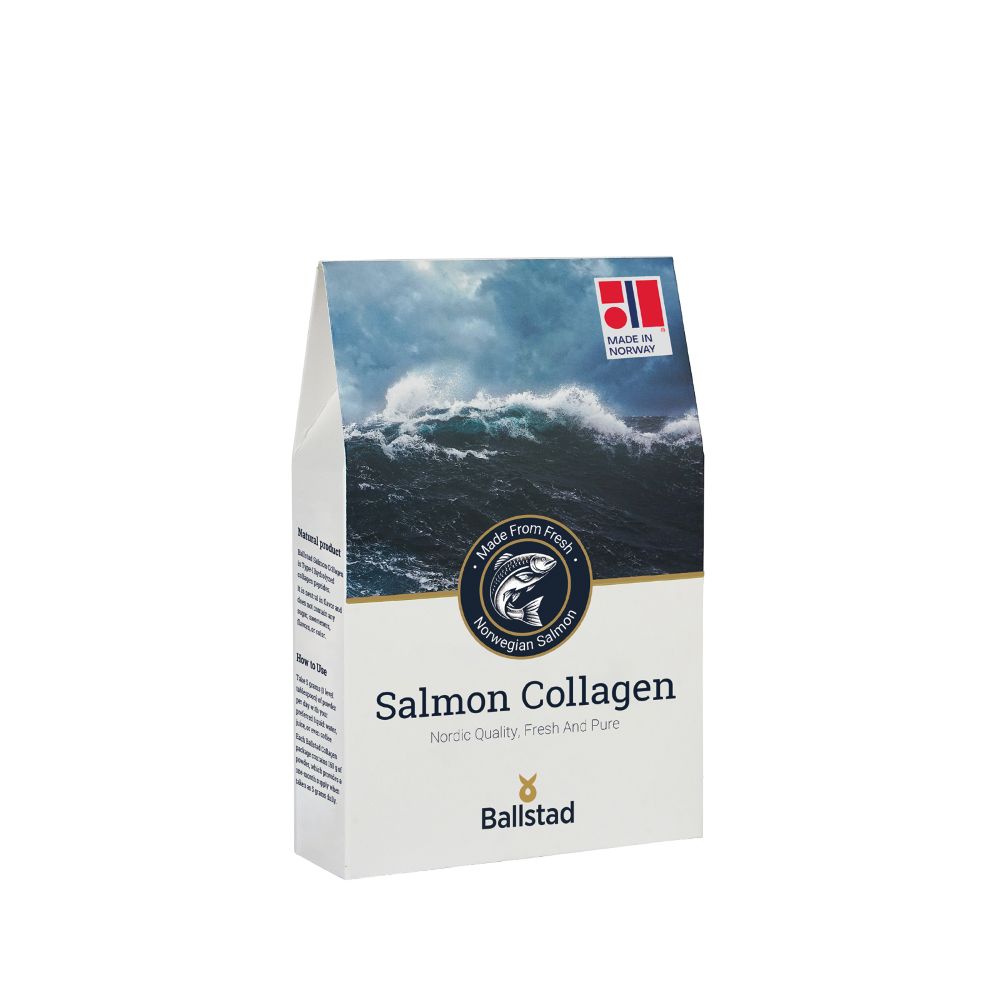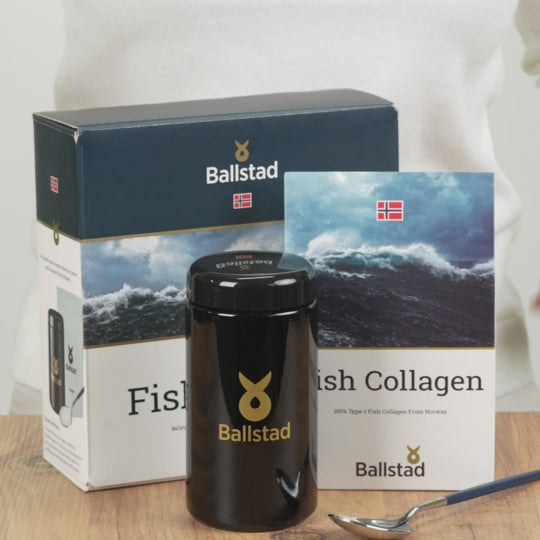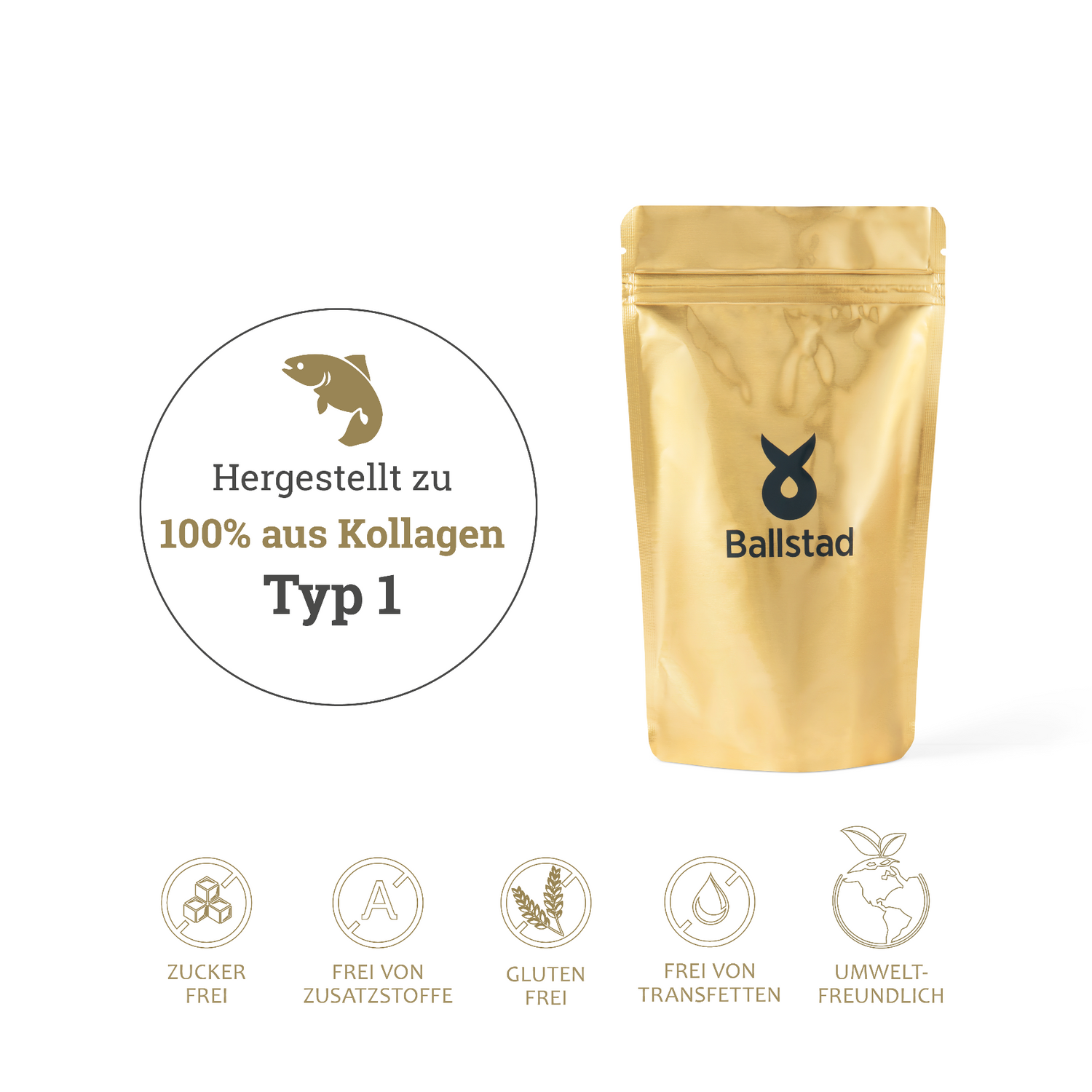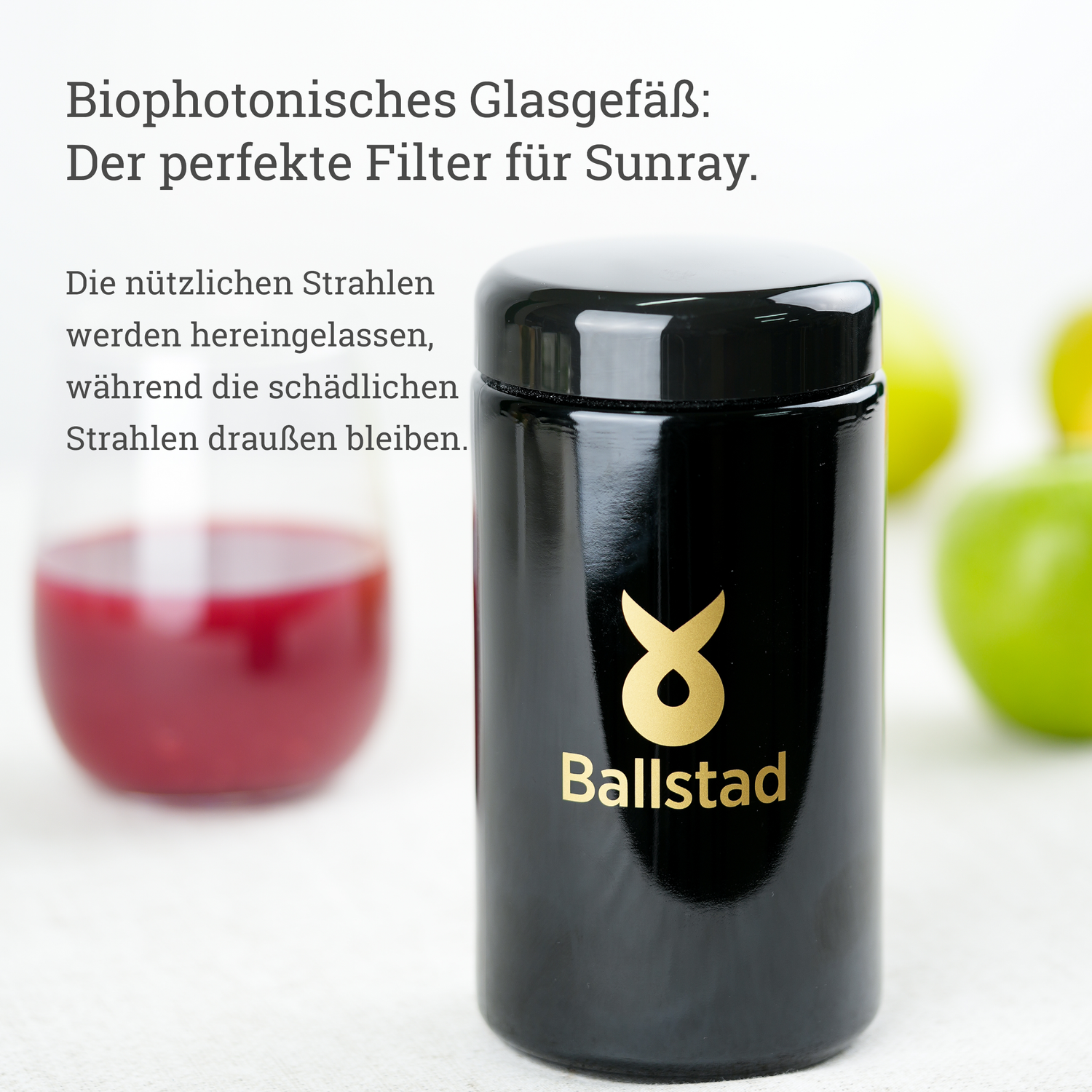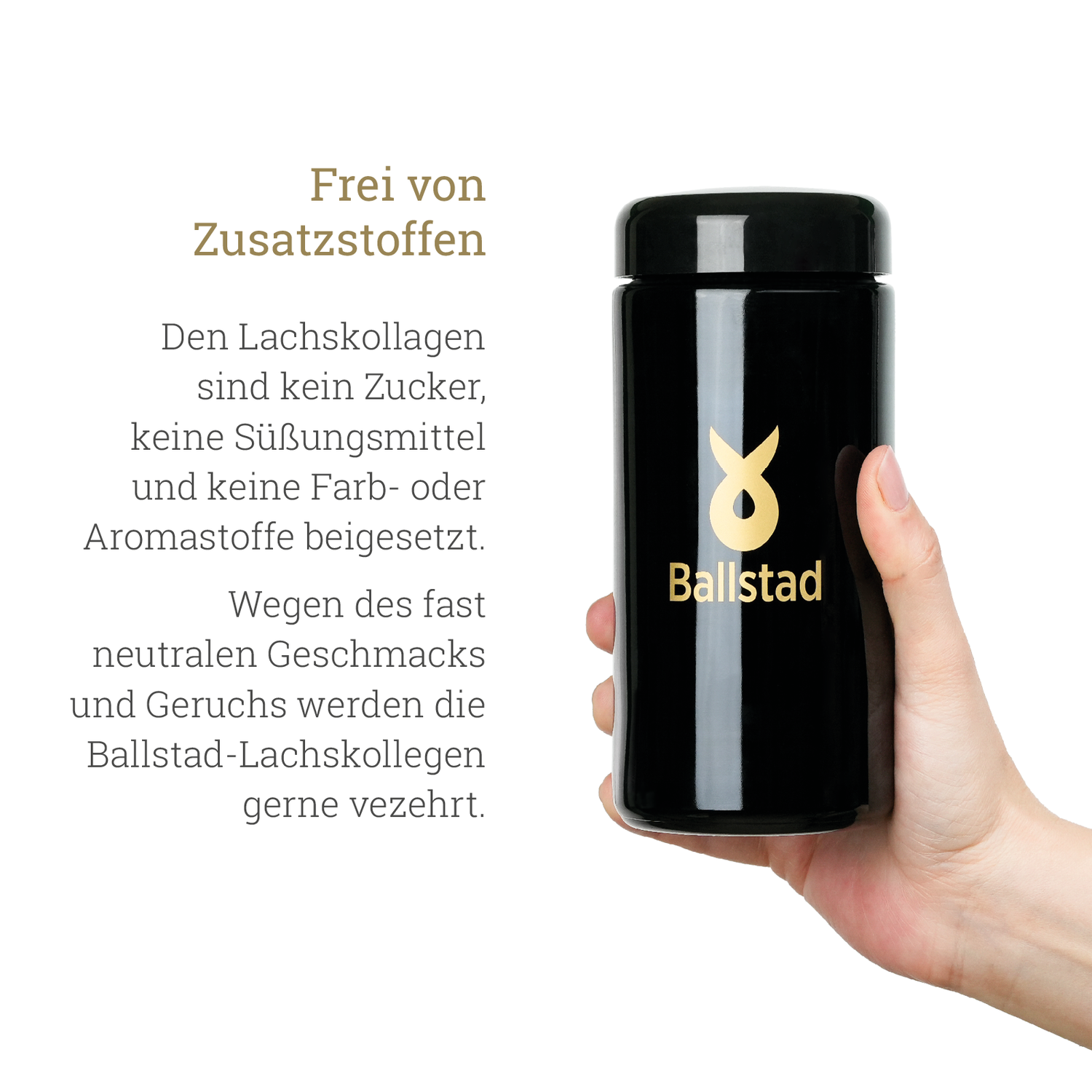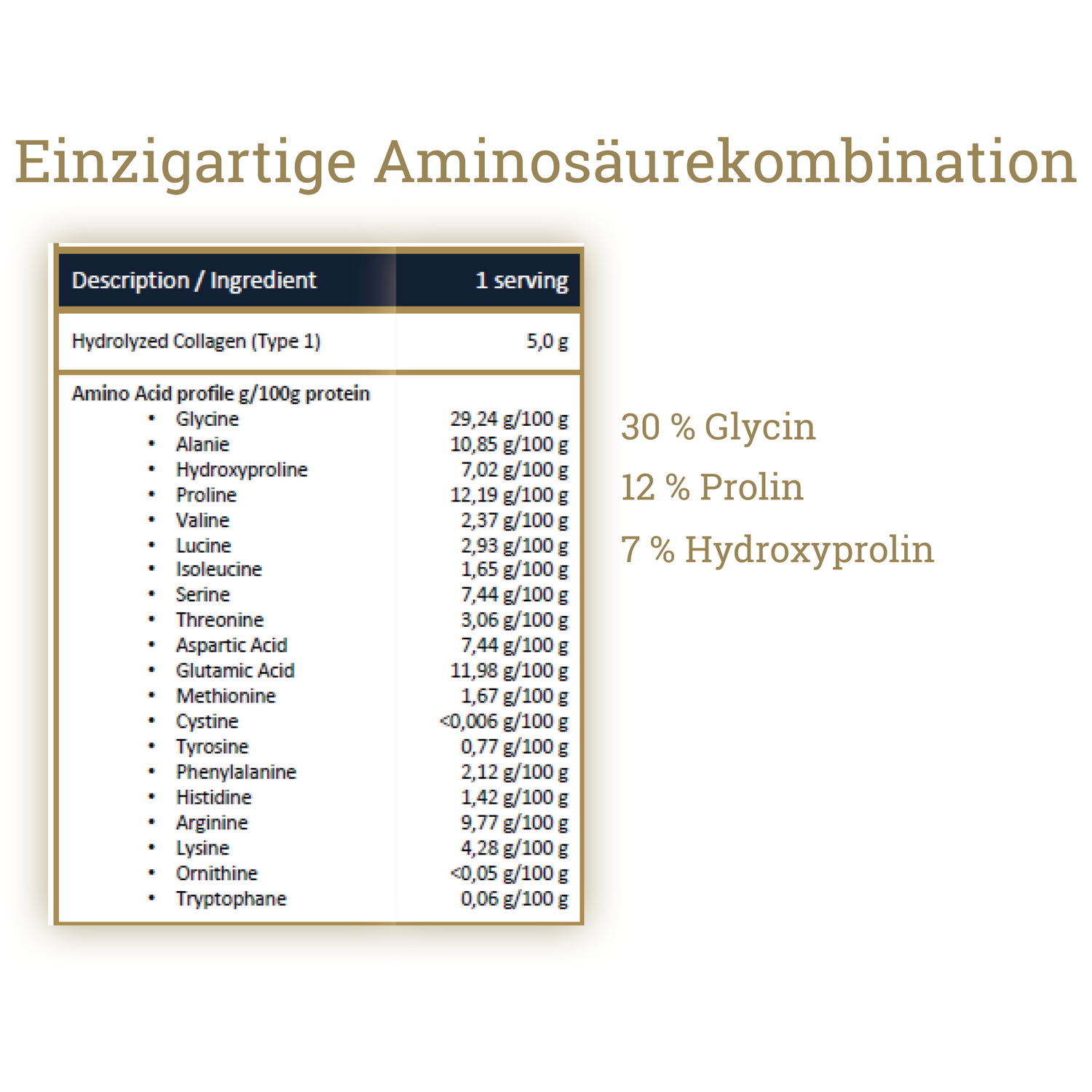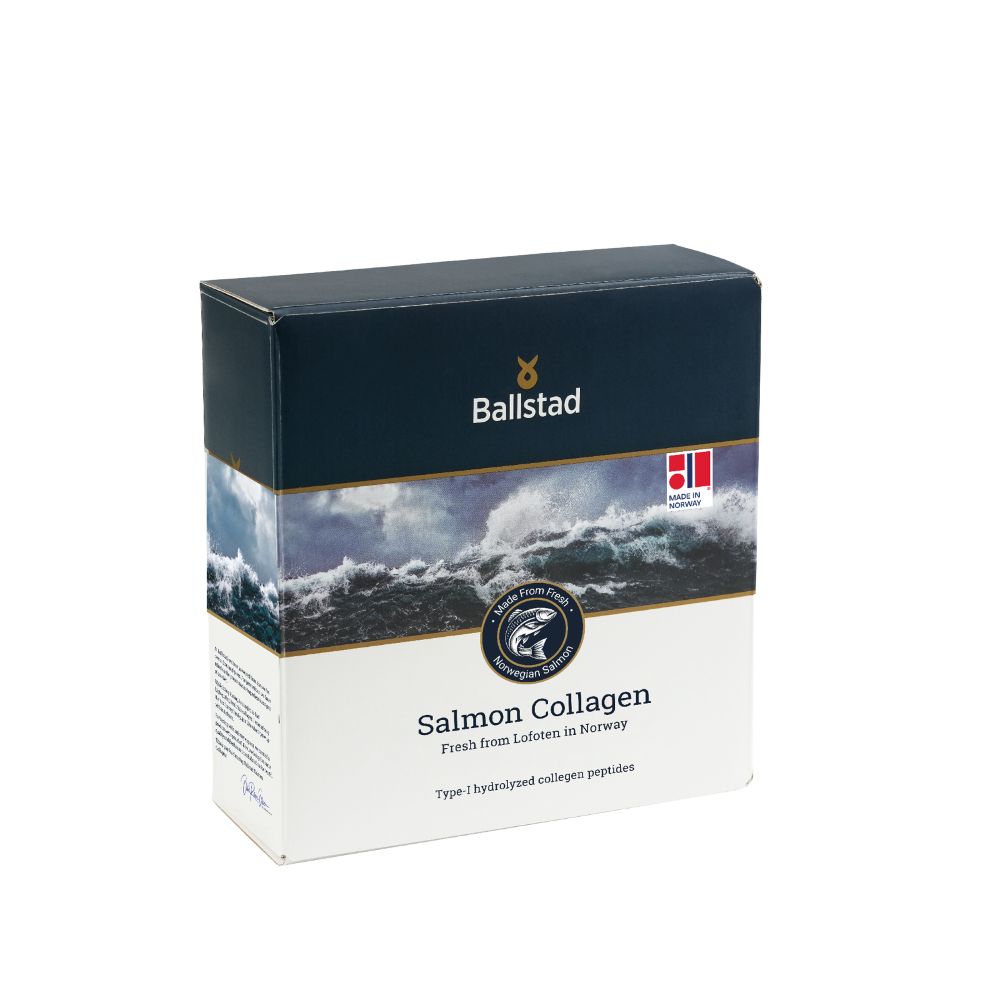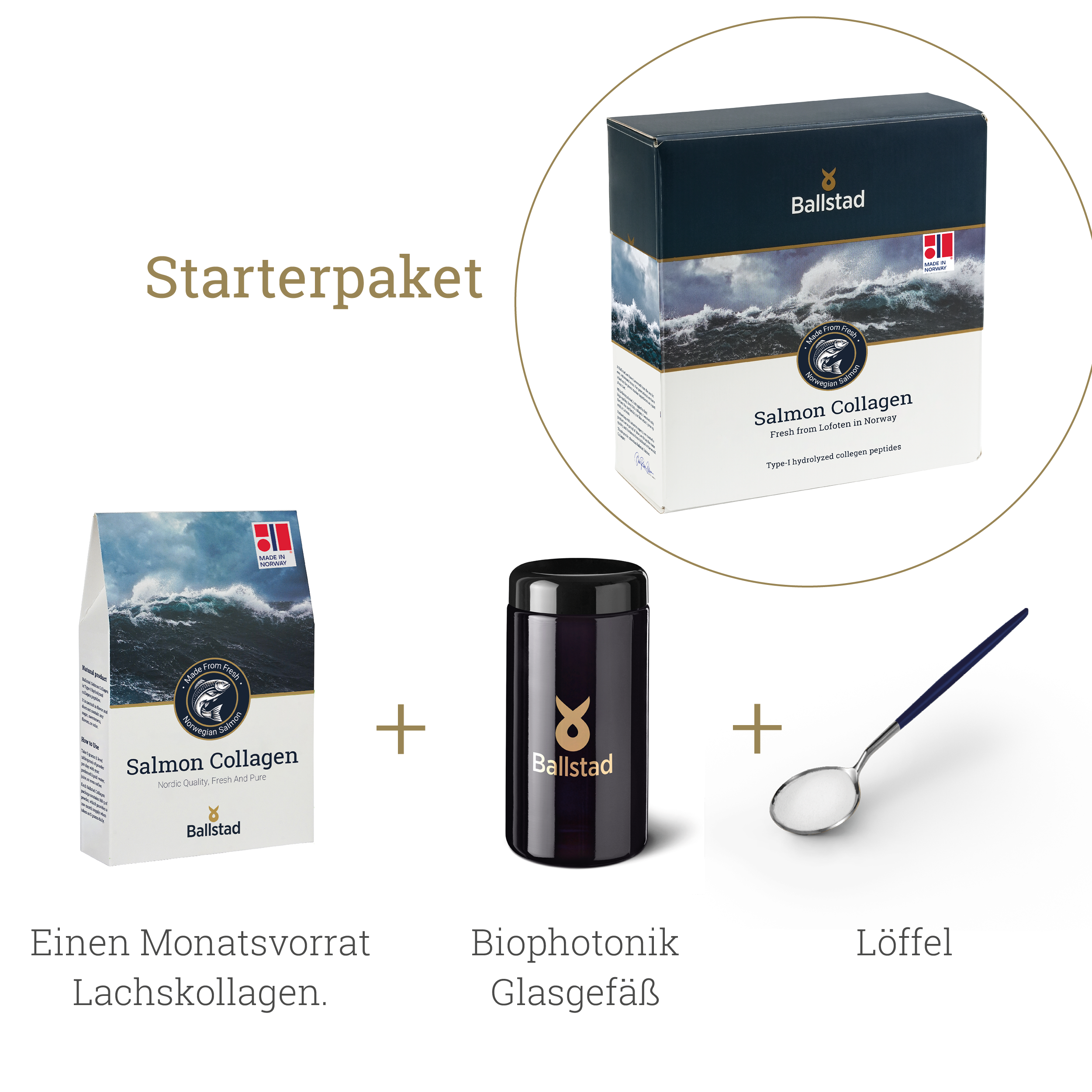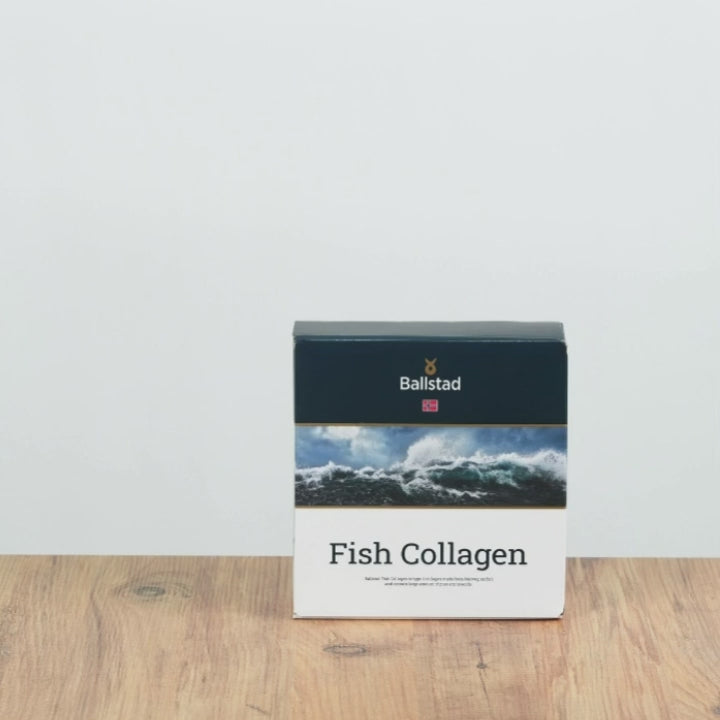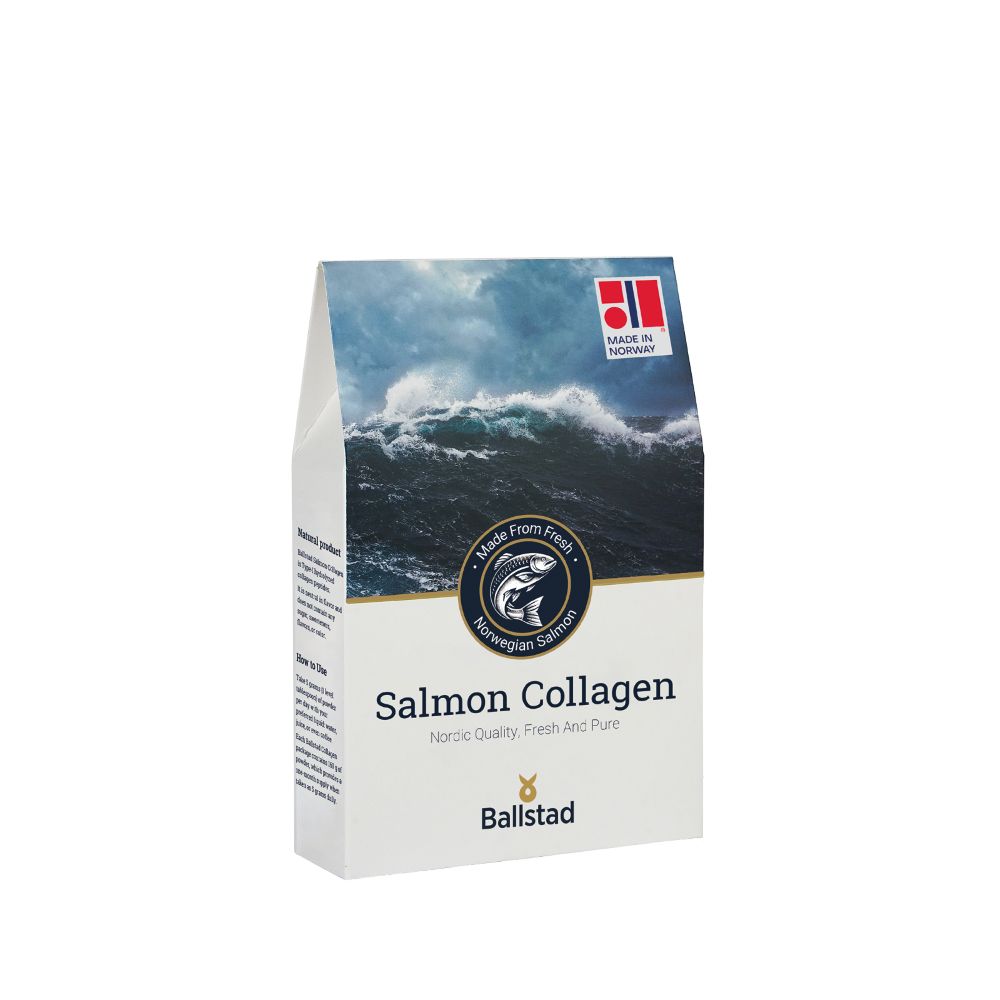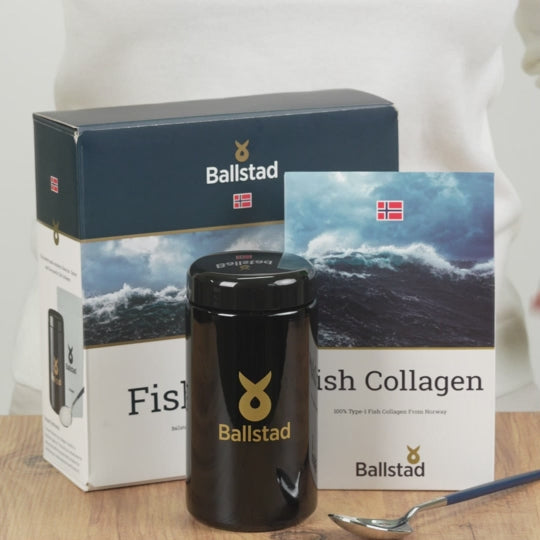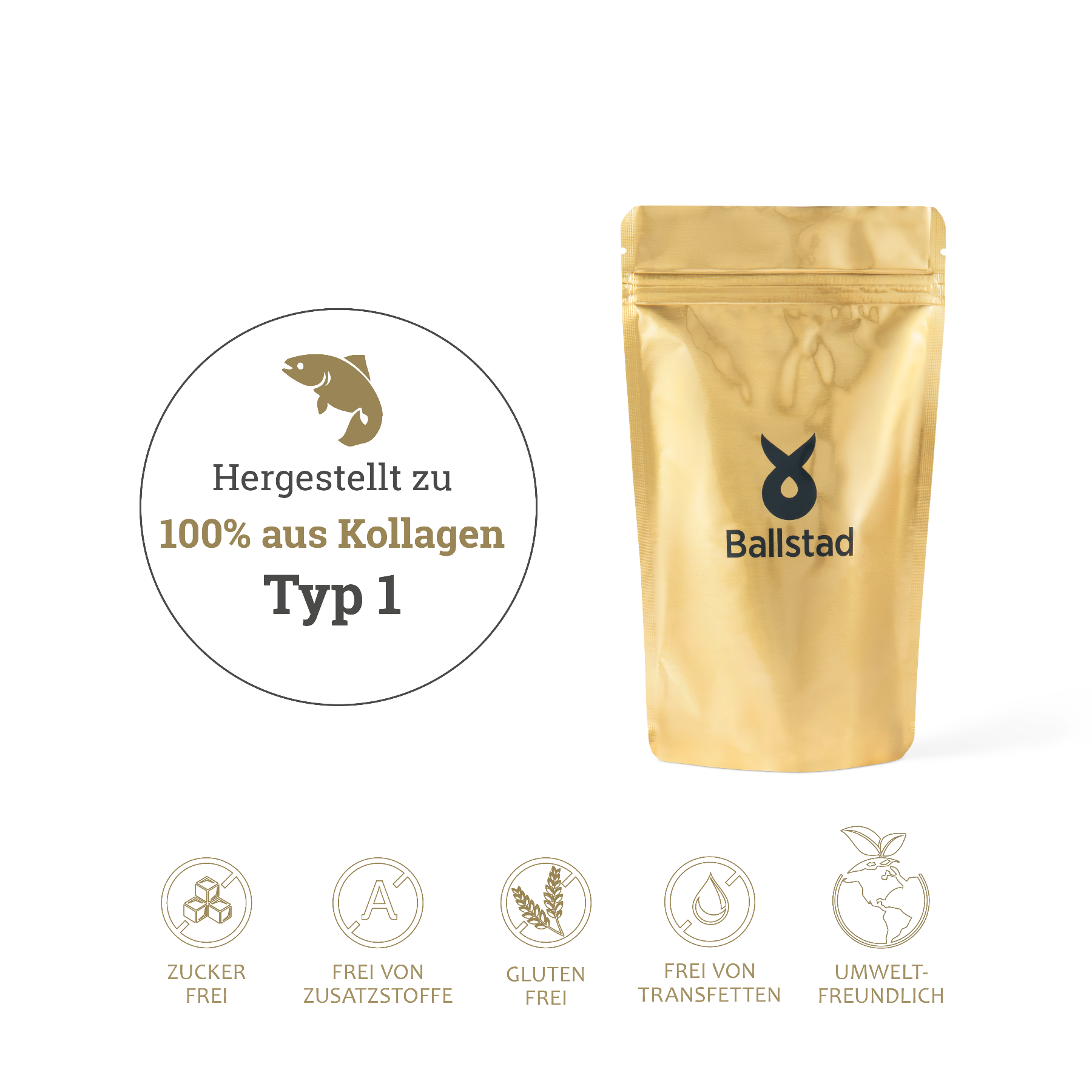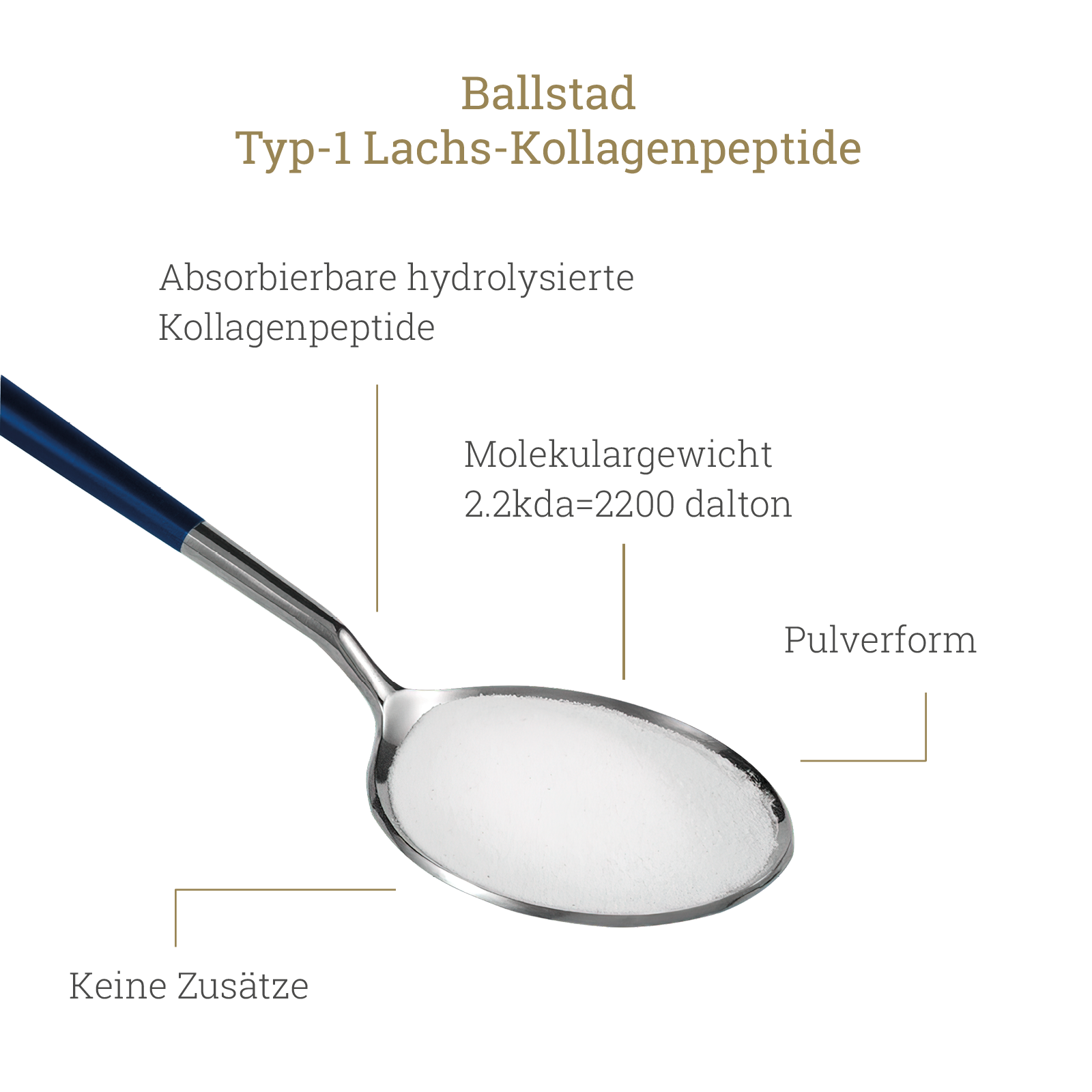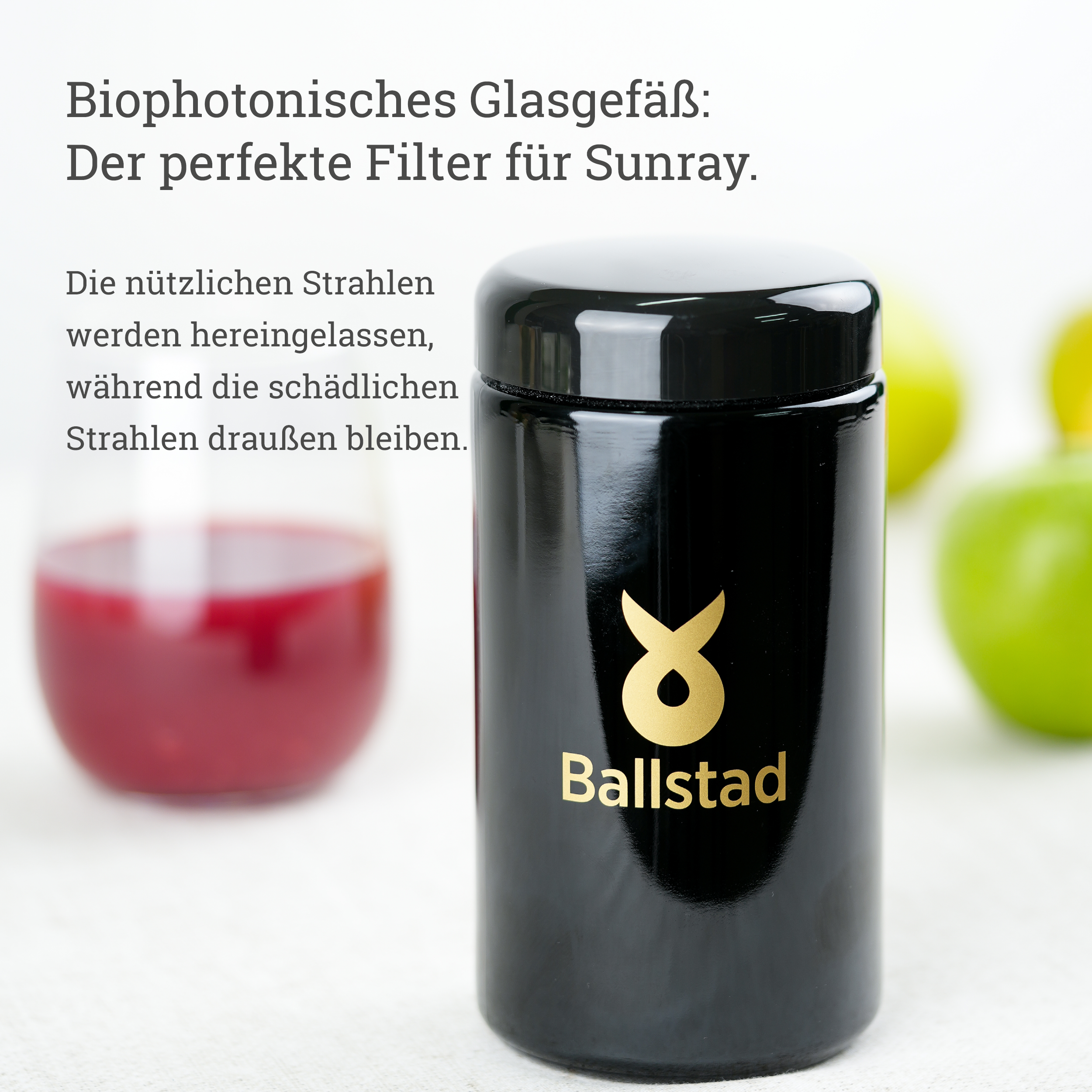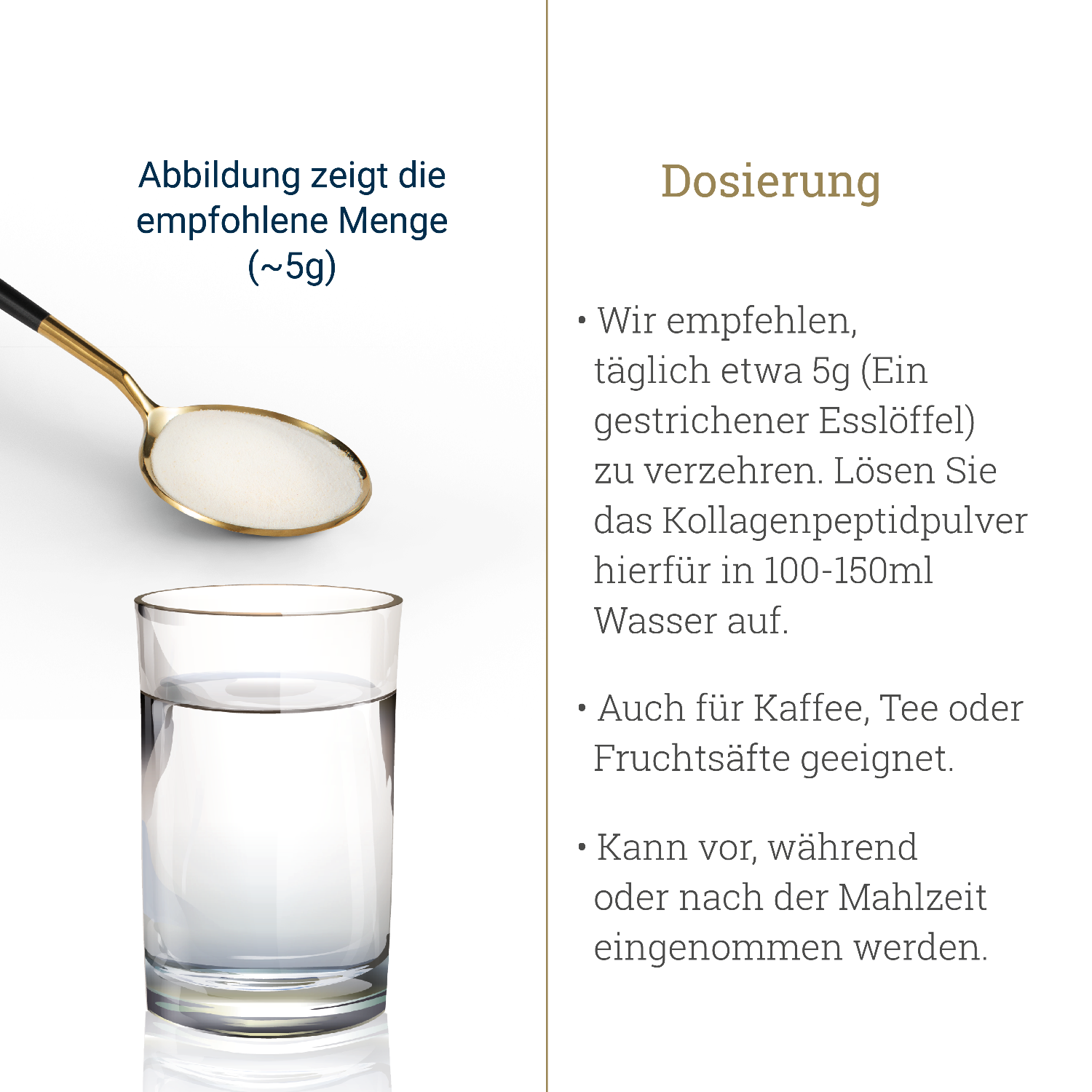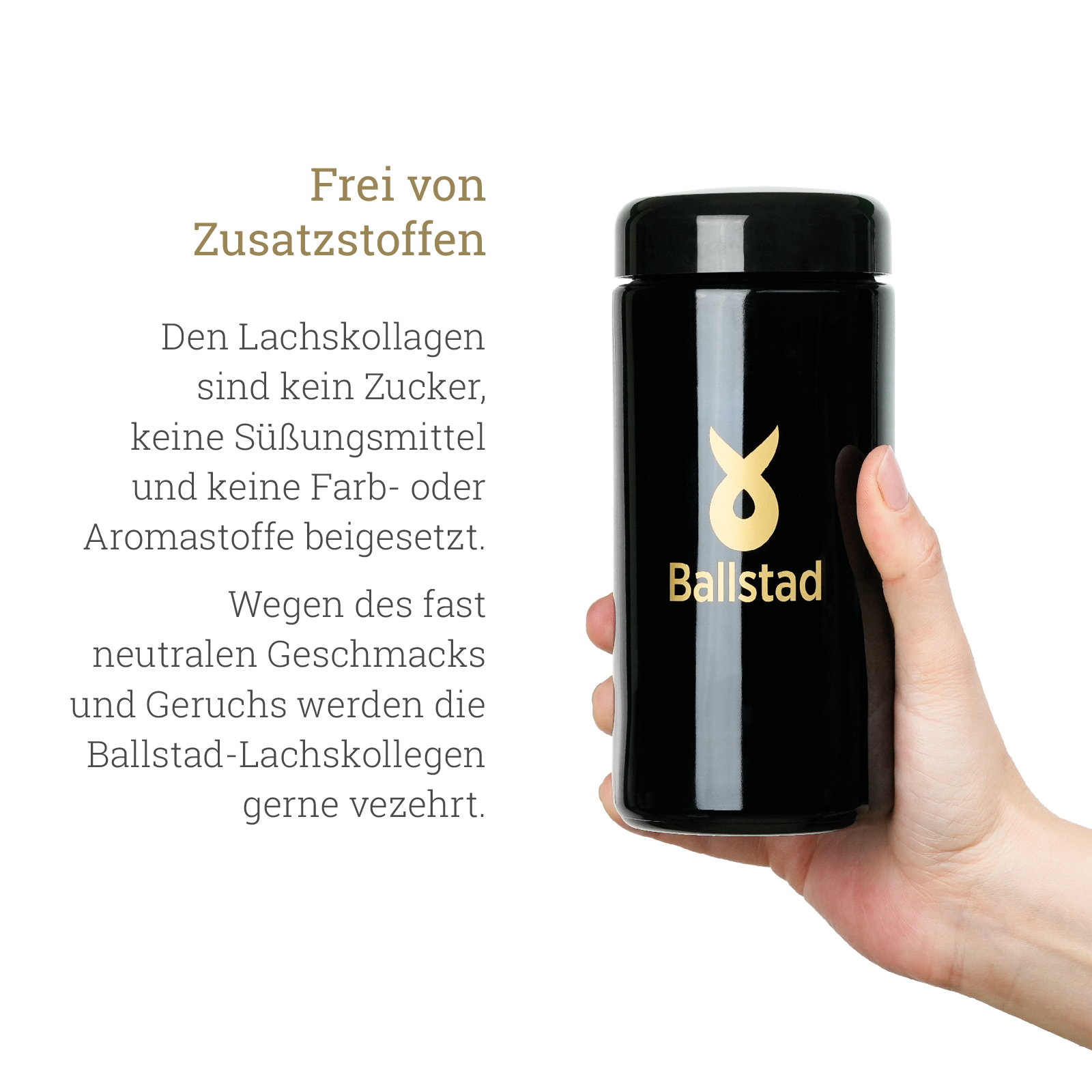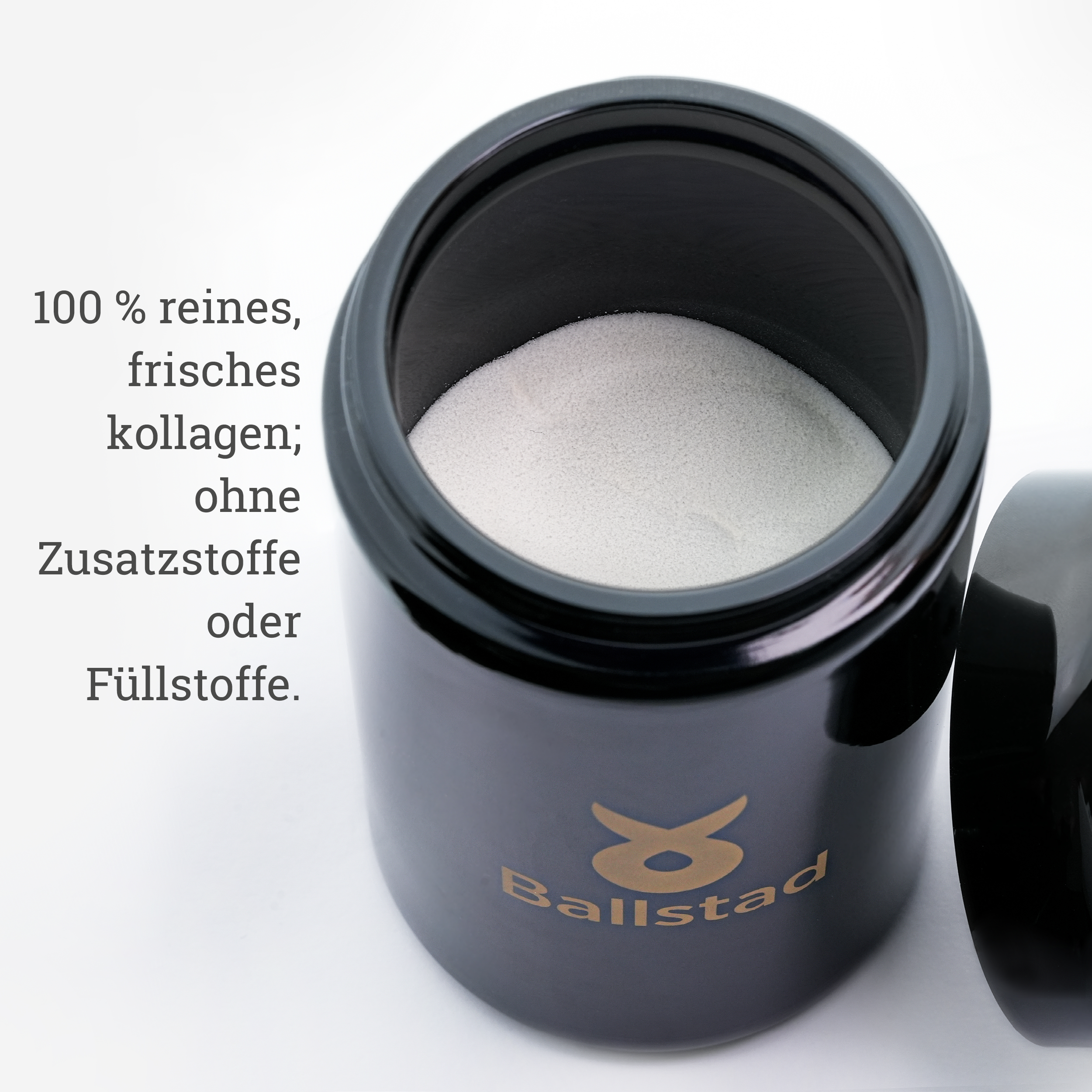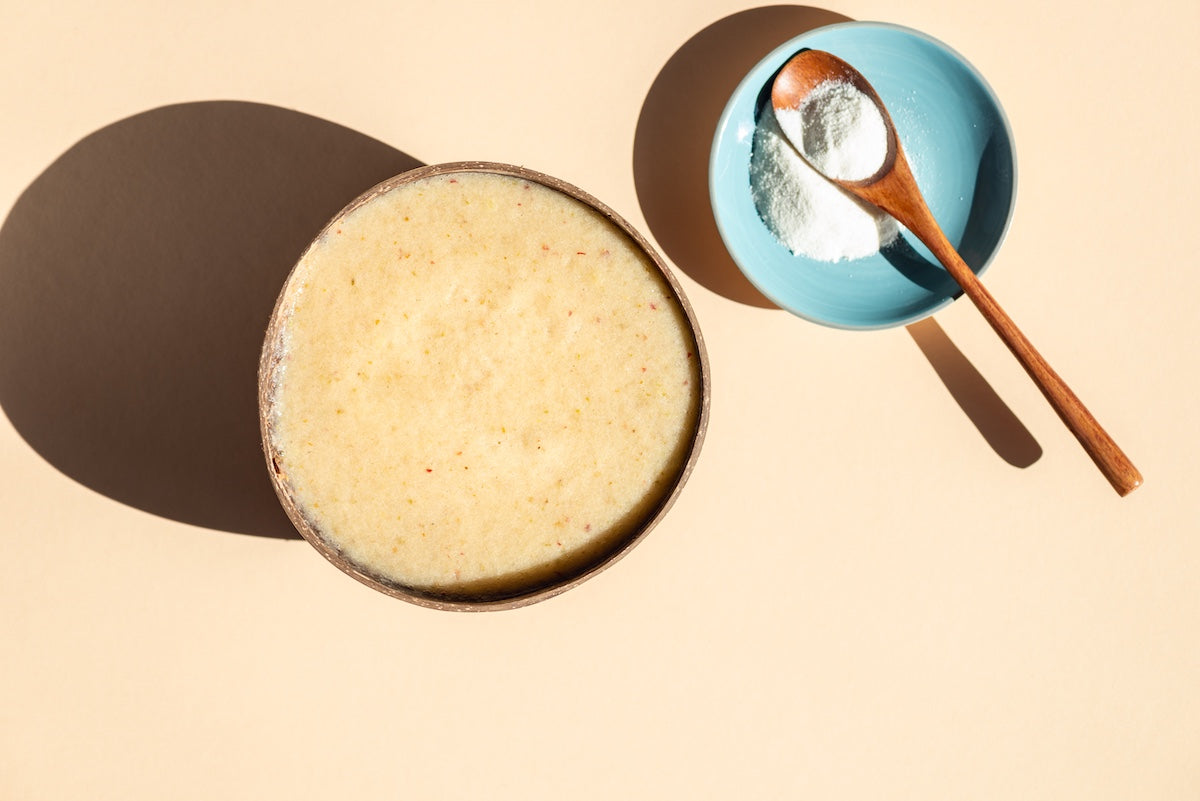Collagen is an important component of the body – it provides structure to skin, joints, bones, and connective tissue. Many people turn to collagen powders or supplements, but there are also numerous foods in the kitchen that naturally contain collagen or support the body's own collagen production.
Foods with natural collagen
Bone broth
When bones are cooked for a long time, collagen, gelatin, and various amino acids dissolve. This traditional broth is a great base for soups or to enjoy on its own.
Fish skin and scales
The skin and scales of fish primarily contain type I collagen. Products made from marine collagen are considered easily soluble and can be easily incorporated into various dishes.
Chicken skin and cartilage
Collagen is naturally found in the skin and cartilage of poultry. Those who enjoy eating poultry automatically consume these components.
Foods that support collagen production
protein
Egg whites provide proline, an amino acid involved in the formation of collagen. They also contain sulfur, an important element for many metabolic processes.
Vitamin C-rich fruits
Citrus fruits, strawberries, kiwis, and bell peppers are well-known sources of vitamin C. Vitamin C contributes to the normal production of certain proteins in the body.
Green leafy vegetables and colorful vegetables
Spinach, kale, broccoli and peppers provide valuable plant substances and antioxidants that protect tissue.
Foods containing zinc and copper
Nuts, seeds and shellfish contain minerals such as zinc and copper, which activate numerous enzymes in the body.
Sulfur-rich plants
Garlic, onions and cruciferous vegetables (e.g. broccoli, cabbage) are natural sources of sulfur and also add flavor to many dishes.
Complementary products
Even if a balanced diet remains the foundation, the body can produce less of its own collagen with age. Those looking to supplement their diet can find certified-quality marine collagen from fish, for example, which can be easily mixed into drinks or food. This is an optional addition to a varied diet—not a substitute for a balanced lifestyle.
Note / Disclaimer
This information is for general educational purposes only and does not constitute medical advice . It does not replace the individual advice of a physician or nutritionist. Statements comply with the requirements of the EU Health Claims Regulation (Regulation (EC) No. 1924/2006) and the German regulations of the Food, Consumer Goods and Feed Code (LFGB) and do not make any claims of disease-related cure or prevention .



